Meet our Alumnus Pavle Beslic
Achieving success
Research in a Nutshell
Debunking myths about cruise ships in Rotterdam

Meet our Alumnus Pavle Beslic
Achieving success
Research in a Nutshell
Debunking myths about cruise ships in Rotterdam
 Meet Rotterdam Frontrunner in showing the potential of rooftops
Meet Rotterdam Frontrunner in showing the potential of rooftops
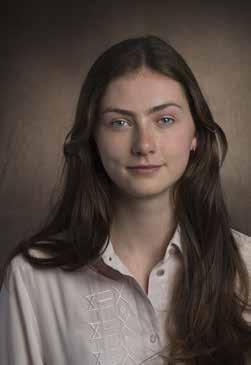



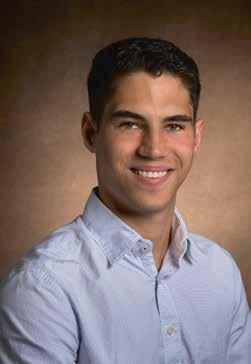
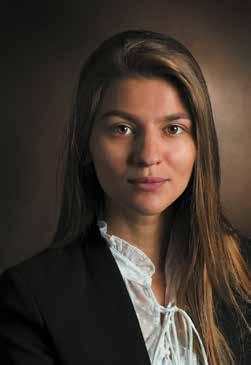
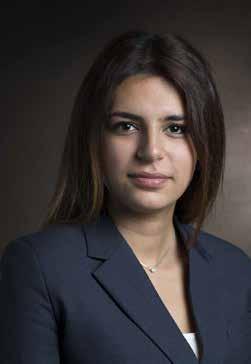


Dear reader,
With a history of 110 years, Erasmus School of Economics stands for groundbreaking research and excellence in education and is a worldwide leading academic brand in economics and econometrics.
Its strong international focus is reflected in our academic staff and student population. Students and staff members come from all over the world. We stimulate them to be citizens of the world, in a geographical, intellectual, and social way. This means stepping beyond the borders of cities and nations, cultural background, gender and religion, altogether with a willingness to act upon the values of a compass that rules out bias and prejudice.
We focus more and more on societal challenges in the areas of welfare and healthcare, future markets and institutions, equality and prosperity, leadership in sustainability, and digital transformation. We are also closing the gap between theory and practice. In our opinion students should gain more practical experience during their studies. Erasmus School of Economics is achieving this by working more
multidisciplinary and by developing more skills for students and academic staff.
Our brand value is set by tens of thousands of alumni, who are making the difference as leaders of today. Take for example our former econometrics student, Professor Guido Imbens, who recently was presented the Nobel Prize in Economic Sciences. The presence of our alumni at our School is set by inviting them to numerous programmes and events, allowing students and alumni to interact, to discuss career development and networking activities.
We are confident that Erasmus School of Economics will secure its place as a worldwide leading academic brand in economics and econometrics in the years to come. This Backbone provides an insight into our School: its students, professors, alumni, activities, research, and education.
Enjoy reading!
Prof. Patrick Groenen Dean of Erasmus School of Economics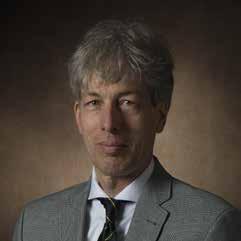



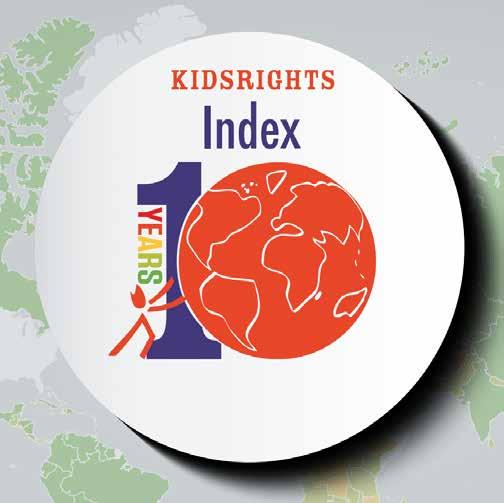
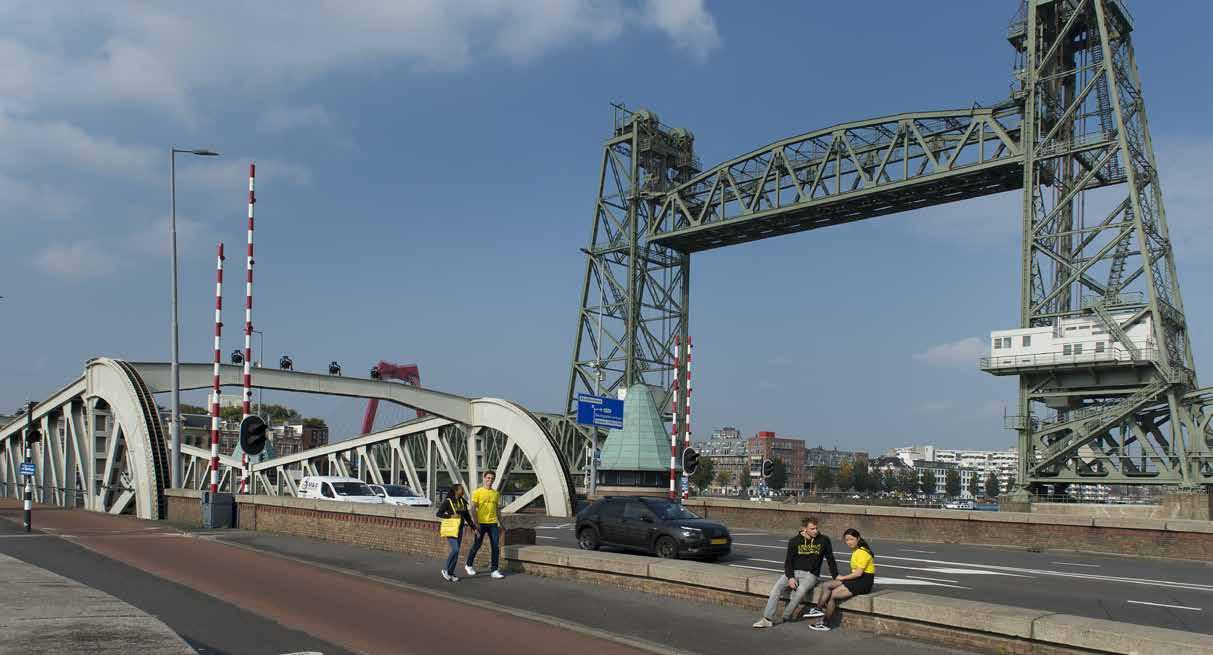


Hey! My name is Natalia Matuszczyk and I am studying Economics and Business Economics at Erasmus School of Economics. Although Rotterdam is known for its modern design, skyscrapers and large port, Rotterdam also has plenty of nature to offer. In fact, the city has over 615,000 trees, more than one tree per resident! I recently visited one of Rotterdam’s best (and biggest) recreational areas: Kralingse Bos (forest) and Plas (lake). Come rain or shine, this area draws people year-round. It is the perfect place to relax, visit a restaurant or practice sports such as running, cycling, horse-riding, golf, rowing, and sailing.
The Kralingse Bos is a forest and encircles the Kralingse Plas lake. The whole area covers 200 hectares northeast of Rotterdam center. Originally, the Kralingse Bos was created around the Noorderplas lake, as the Kralingse Plas was previously called.
The Kralingse Plas is a 100ha lake. One trip around the lake is approximately 4 km, depending how close you stick to the shoreline. Like most Dutch waterfeatures, it is not natural and was created by farming peat. The 17th century saw an increased demand for fuel in Rotterdam, resulting from the brick and gold pipe industries and population growth. The peat was a dense and readily available fuel source; the Rotterdam people literally burned the ground out from under themselves (at other locations in the Netherlands the ground sank because the marshes were drained, and then oxidised when exposed to air, or because of groundwater withdrawal).
Soon they found themselves surrounded by more and more water, with the lake growing ever larger due to edge erosion and less space to develop. Eventually, they even had to move the town of Kralingen to its current location because of the encroaching erosion. The lake was named Kralingse Plas when Kralingen was integrated into Rotterdam in 1895. The Kralingse Bos was constructed in 1906 using dredged material from the Rotterdam harbour.
On 14 May 1940, the Germans bombed and destroyed the city centre of Rotterdam. Only a church, post office, trade centre, and town hall remained. That’s why Rotterdam looks and feels so different compared to other cities in the Netherlands the city was completely rebuilt, taking advantage of this opportunity to better plan the city. Some of the rubble excavated from the destroyed city centre was deposited in the Kralingse Plas, creating the broad green stretch and islands along the south edge of the lake.
Two windmills stand on the east edge of the lake: De Lelie (The Lily, 1740) and De Ster (The Star, 1886), both of which are still used to grind spices. A beach lines the west side of the lake, with the northernmost corner a designated nude beach!
The lake began to be used for recreational purposes around the 1900s; the first water sports club also dates from this era. Today there are as many as five water sports clubs near the Kralingse Plas and the area has evolved into one of Holland’s best recreational parks.
If you want to escape the hustle and bustle of Woudestein campus or the Rotterdam metropolis, why not visit the lake and forest? And if you have brought your running shoes with you, you might want to give the famous ‘Kralingse Plas tour’ around the lake a try. ‹
'The Kralingse Bos was constructed in 1906 using dredged material from the Rotterdam harbour'

 By: Bauke Visser
By: Bauke Visser
Over the past 30 years, Rotterdam has spent millions of euros of public money to attract cruise ships, partly by investing in infrastructure, partly by covering the yearly losses of running the cruise terminal. My research has shown that the regional economic benefits of cruise calls in Rotterdam are much smaller than claimed by the city of Rotterdam and by Cruise Port Rotterdam (CPR), the organisation that runs the cruise terminal and is tasked with attracting cruise ships. I also uncovered many other myths that are part of the official story meant to sell cruise ships to Rotterdam.

Ido not usually research a topic that is so close to home. Most of my research has been abstract in nature, studying the relationship between the strategic use of information and the design of decisionmaking processes and governance structures. I have applied my insights to monetary policy committees and editorial boards. But cruise ships? Decision making by the city of Rotterdam? Never. This changed when I moved to the Wilhelminapier in 2016, close to the cruise terminal. Cruise ships are among the largest seagoing vessels in the world and use enormous amounts of dirty fuel, also when they are moored at the terminal.
I started collecting information on the cruise ships calling in Rotterdam. Even the most basic information surprised the civil servants with whom I shared it, as it contradicted their assumptions. Until then, they probably got their information from CPR and the Rotterdam Port Authority (RPA).
My data showed that CPR had grown their business over the period 20152020, with cruise calls going up from 40 to 100, by attracting older ships that were more polluting by an index introduced by port authorities, the Environmental Ship Index. Port fees are lower for (cruise) ships with a good score, but this carrot had not brought about the desired result in Rotterdam.

Bauke Visser
I asked the alderman how he came up with the one million figure, he wrote that CPR had shared it with him ‘confidentially’. CPR never replied to my requests for information on how they came up with their numbers. In any event, using data from Statistics Netherlands, I estimated that net profits and wages equaled about 40,000 Euros per call. Does that mean that closing the cruise terminal would lead to a loss of 40,000 Euro per call? No. Given the tight labour market and the resulting constraints on firms, these net profits and wages would be earned anyway by working for a different employer or by servicing other ships. But Rotterdam would be spared significant damage due to air and water pollution.
is Professor of Economics of Decision-Making Processes. He conducts theoretical, empirical and experimental research into decision-making processes. He started the website www.havenstad.org to provide facts and debunk myths about cruise ships in Rotterdam.
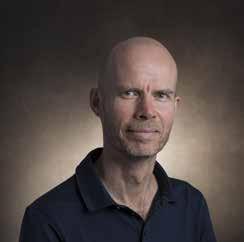
I was struck by claims in the press about the economic importance of cruise calls. CPR and the port alderman made ever increasing claims as to the ‘economic contribution’ of cruise ships to Rotterdam, at some point reaching 1,000,0001,200,000 euro per call. This number was higher than the total expenditures of cruise liners, passengers and crew as reported in a 50page report on the economic effects commissioned by the city of Rotterdam and RPA, 290,000 euro per call. When

Information control by the government Governments, democratically elected ones included, want to firmly control the information that is shared and used in decisionmaking processes. This holds at the national level, think of Schiphol, the childcare benefits scandal, Groningen natural gas, but also at the local level. Vested interests are keen on protecting their interests, have a horizon that is beyond the next elections, and operate in tandem with governments. Academics have a role to play in informing the general public and decision makers, and in debunking myths.
Did the story of the economic contribution of the cruise end here? No. Recently, the new port alderman sent an economic impact report drafted by CPR to the city council. In the accompanying letter, the alderman wrote he passed on the report ‘to inform the council as completely as possible.’ The economic contribution had by now reached 1,200,0001,700,000 euro per call. What he did not write, was that he had sent the CPR report for a second opinion to the authors of the 2018 report. The second opinion questions essentially all figures in the CPR report. ‹
'I was struck by claims in the press about the economic importance of cruise calls'
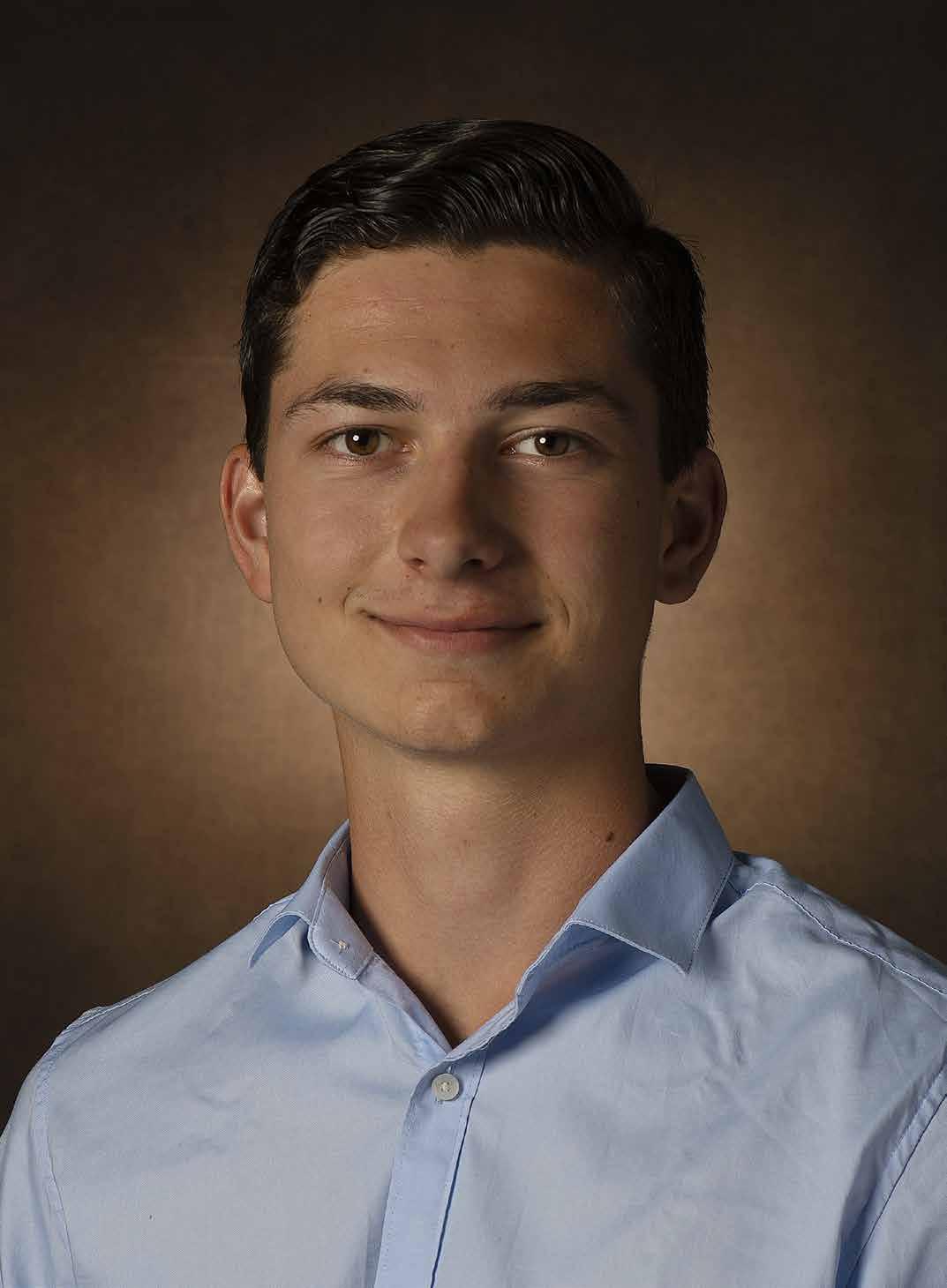
‘I want to face challenges, every day’
Luca Meerkerk
Double Bachelor in Economics and Law (in Dutch)
Irene Odile de Vries had lived on four continents before coming to Erasmus School of Economics. She enrolled in a premaster course and the Master in International Economics because she wanted to understand the countries she had lived in. Gradually she came to realise that connections between economics and other disciplines are often overlooked. It motivated her to surmount several challenges to get to where she is now: an economics teacher with a wide following because of the innovative ideas she presents.
You arrived at Erasmus School of Economics in a roundabout way. Can you tell us how?
I obtained the International Baccalaureate in Malaysia and Australia where my family lived as expats. After graduating High School in Kuala Lumpur, I did not fancy going back to the Netherlands by myself so I studied Psychology and Business Administration on the Malaysian campus of Monash, an Australian university. After six months, I continued on their Melbourne campus where I completed my studies in Business Administration. Looking for work experience, I moved to the Netherlands and subsequently New York to do jobs in event management. There is always a lot going on in New York City so after two years I left because I was tired and wanted to enjoy some travelling. When I started working in the Netherlands again, I went back to event management, but it soon felt like more of the same. Recently, I was diagnosed with ADHD, which helps me to understand why I dislike repetitiveness, and enjoy moving and changing jobs every couple of years. Knowing I have ADHD does not make it go away, but it does make my life a bit easier. The diagnosis helped me to see what my biggest challenges are, how to tackle them and forgive myself when I get stuck.
In search of the next step in my career, I was reading a lot of books such as Doughnut Economics by Kate Raworth and a Dutch book that shows how market forces have come to determine everything from housing and labour to democracy and even love. When I attended a presentation by its author, Koen Haegens, I met people from a group called Rethinking Economics. This organisation, which is also very active in Rotterdam, is part of an international network of students and recent graduates that aims to build better economics education with the support of academic allies. These conversations, in combination with the books and my travels, inspired me to study economics. With an Australian Bachelor in Business Administration you cannot simply enter a Master’s programme in Economics so I enrolled in the premaster at Erasmus School of Economics. I chose this university because Rotterdam seemed like a nice city (which turned out to be very true). The premaster was certainly necessary for me because I lacked a foundation in mathematics, microeconomics and macroeconomics. The maths was particularly challenging initially, but thanks to other students I mastered concepts such as integrating and differentiating quickly. The most surprising outcome of the premaster is probably that I now actually enjoy maths!
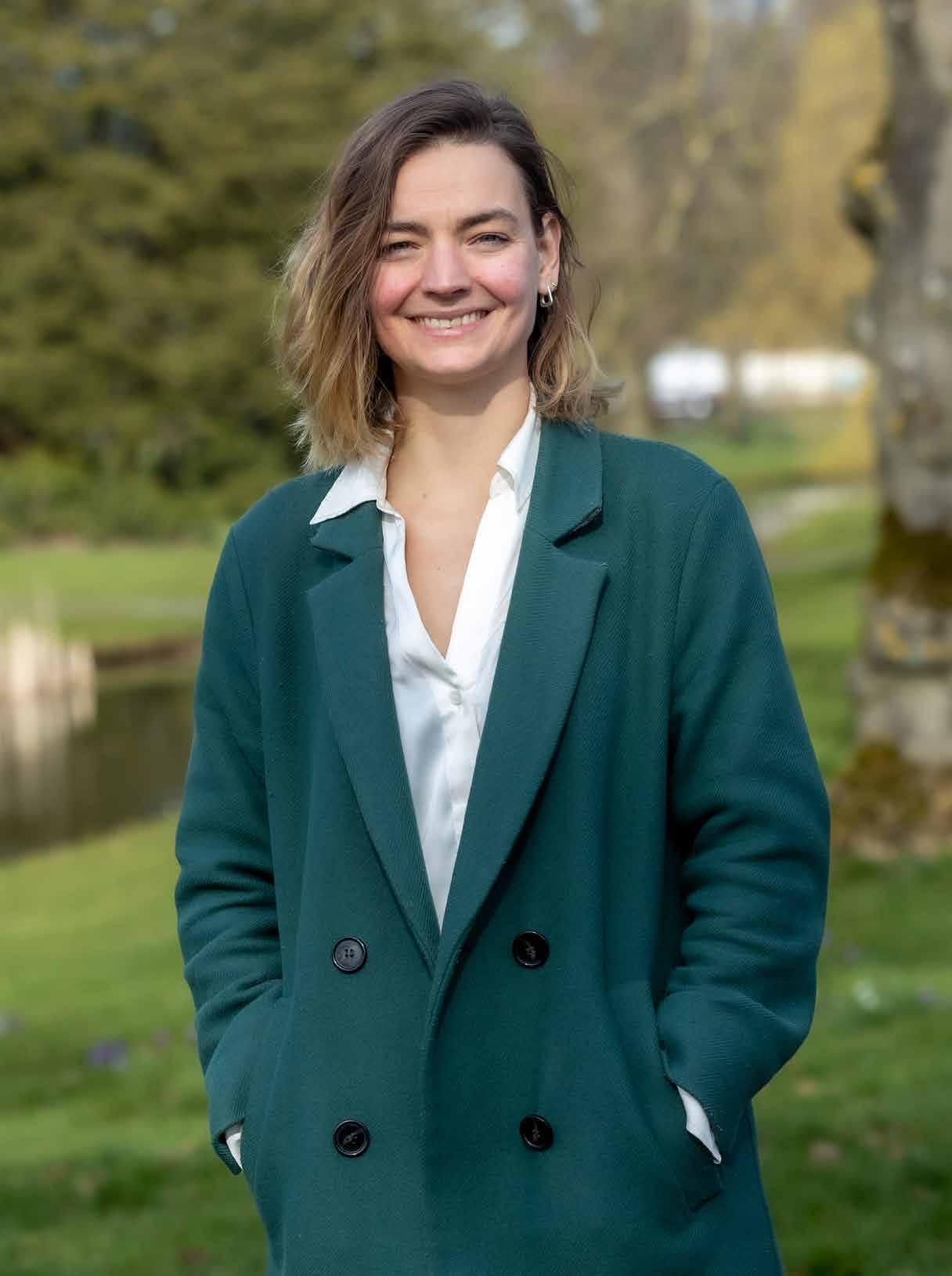
‘I chose this university because Rotterdam seemed like a nice city, which turned out to be very true!’
I had lived an international life and considered doing so in the future as well. The idea was that this degree would help me compare the places where I had lived so far. Why are some countries more developed than others? Why is the inequality in the US so much higher than in the other countries where I have lived? My study in international economics showed me where I have to look to answer these questions, while providing me with tools to analyse such information. What I missed, in my time at Erasmus School of Economics, was a comprehensive approach that takes into account how different disciplines are interwoven and how various economists approached the large issues of their time. Economic theories are the product of human thinking and, to a large extent, they are shaped by the assumptions and hypotheses used to formulate them. I believe it needs to be made very clear that economic theory is thus influenced by politics and idealism, and the broader historical context. Prospective students might be glad to hear that Erasmus School of Economics has recently expanded teaching on the ethics of methodologies and more perspectives are now included in the subject History of Economic Thought. I was happy with the structure of the course, which meant that the study was compartmentalised in several blocks, but writing a thesis was very hard for me. I now know that I need to engage in something new regularly. Indepth research, writing and rereading is very difficult for someone with my form of ADHD. I eventually managed to complete the process with the help of my friends.
Upon graduating, I had various jobs in event management and journalism until I had a burnout. Looking back, I think this was partly due to a lack of boundaries between work and my private life. When I came back to work, I had a few talks with a career coach. During these sessions it became clear that editing opinion pieces for a newspaper, in which you have to work on long essays and stay on top of the news constantly, was not the right job for me. As a child I wanted to become a music teacher and during my master’s degree I enjoyed the classes so much that
I could actually see myself teaching economics at some point in the future. This all came back to me when I was considering a career switch. A friend alerted me to an opening at a school in my neighbourhood and within no time I was standing in front of a class of exam students. I am studying parttime for a qualification as teacher at the highest level. In the Netherlands, you can use the knowledge gained at university to start teaching at this level immediately on the understanding that you will obtain the necessary diploma within three years. Part of my course is professional didactics, which I engage with enthusiastically. As a new teacher you bring your own external ideas and experiences to the field. I am actually surprised that there is no mandatory continuing education for high school teachers, something you see in many other professions.
One of the reasons economics is interesting is that it can be applied in so many fields. The debate behind every economic policy is a fascinating power struggle. This is a subject that lends itself to examinations in the form of papers or discussions, not maths and multiplechoice questions. Now that I am teaching, I do understand better why it is difficult to offer such a comprehensive approach. Moreover, connecting with colleagues that teach a different subject and offer lessons that show how everything is linked, is proving difficult, even at a school where we are all in the same building.
I am critical of the emphasis on concepts such as GDP and sums in which there is no room for what is lacking in its calculation. There are opportunities to teach students about the boundaries to growth for example, but these remain fairly limited. The teaching methods tend to focus on giving the students enough practice with the mathematical side of the subject.
I would prefer an approach that shows students how economic concepts help us understand the way our world works. The required content of the curriculum is determined every four years, which makes it very difficult to include phenomena that are taking place in today’s society. I try to deal with this by inviting
'Now that I am teaching, I do understand better why it is difficult to offer such a comprehensive approach.'
a guest speaker occasionally and following the news with my classes. When I read a newspaper article, I can see clearly the economic concepts that relate to each story and how to use it as an example in lessons. In my enthusiasm, it can be difficult to balance these realworld examples with explaining the theory and solutions to tricky questions. It was very reassuring to hear a student in the exam year say that the class discussion of news items helped them to understand the topic and see the practical use of economics lessons.
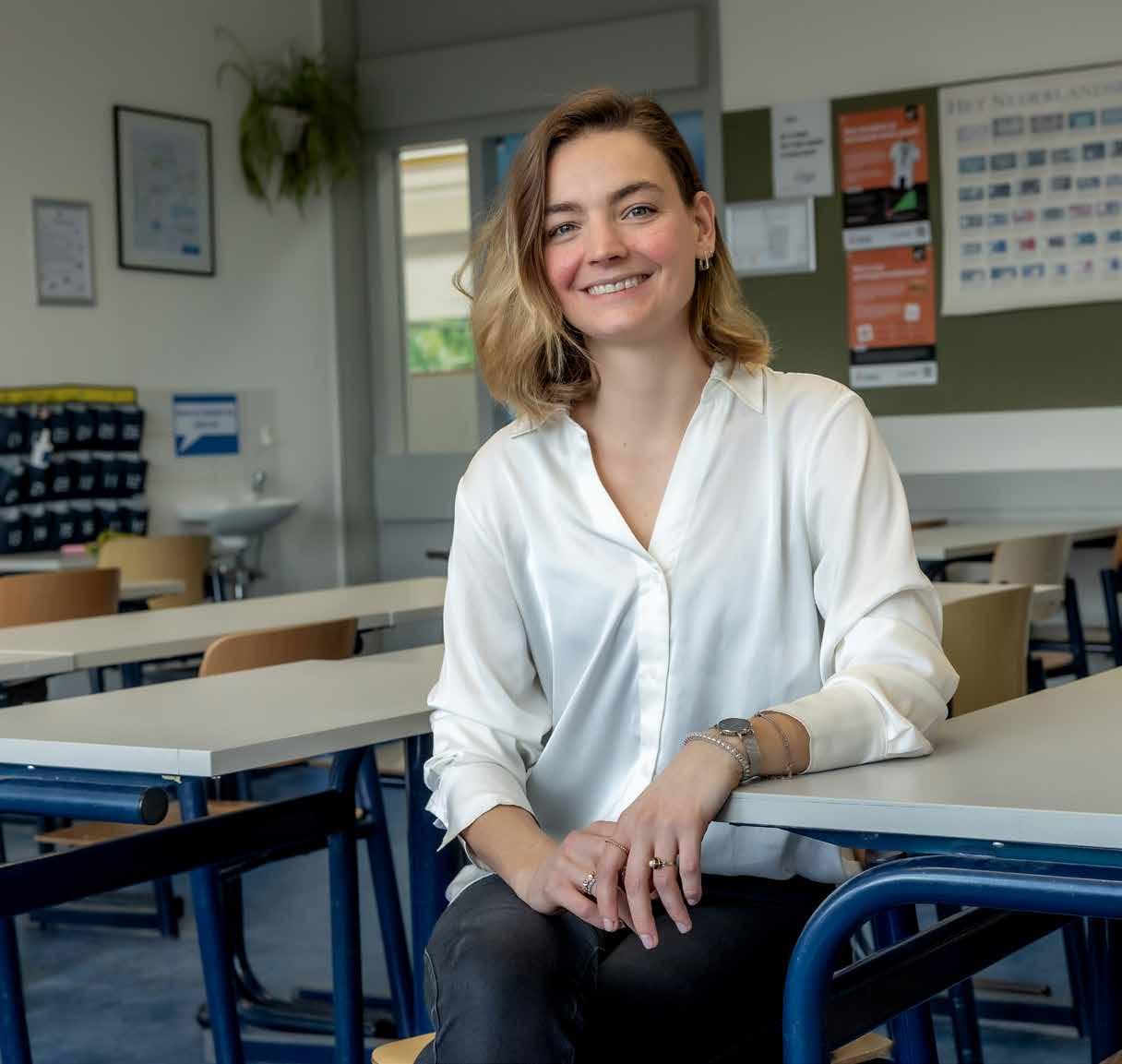
When I am not teaching or studying, I am also part of a team called Our New Economy. We advocate for better economics
education at all levels and produce teaching materials that pay more attention to such things as sustainability and the balance of power on the labour market. I also publish ideas for economics teaching on LinkedIn and in a professional magazine for teachers, TEO. For example when Silicon Valley Bank collapsed, I created and shared teaching materials, and wrote about the opportunity to use this as an illustration of game theory or the prisoners’ dilemma. Perhaps it is even more important that future generations understand the consequences of their actions during an unfolding bank run than whether or not they are capable of doing their sums correctly. ‹
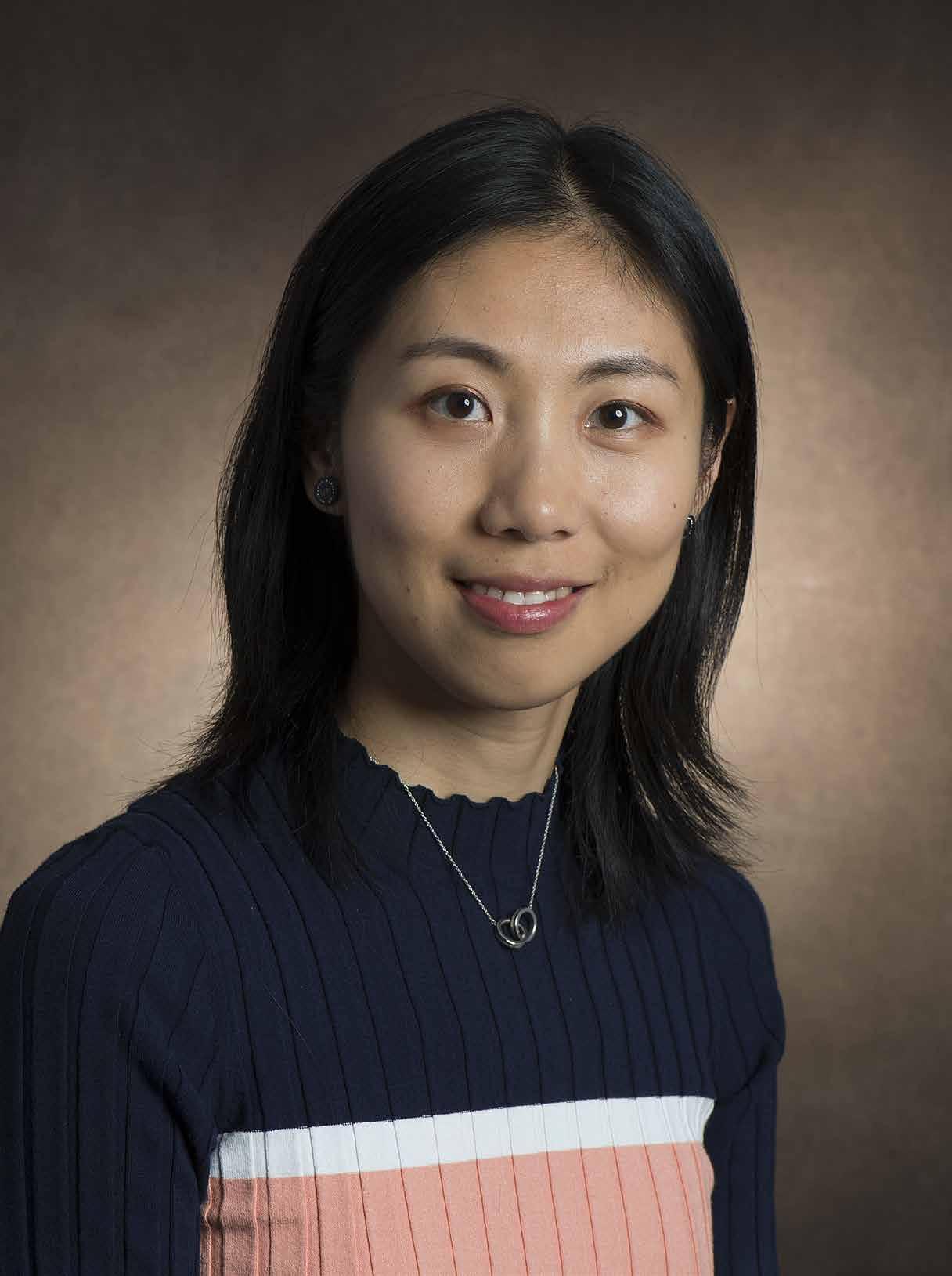
'I am passionate about research because it allows me to have full control over my projects'
My name is Wenjiao Cao. I am an assistant professor at Erasmus School of Economics in the department of Accounting, Auditing, and Control. I teach Financial Accounting for the Bachelor’s programme and programming for the Master’s programme. I completed my PhD in Accounting at the Frankfurt School of Finance and Management. Additionally, I was a Visiting PhD Research Scholar at the University of Melbourne. My research interests lie in the fields of earnings management, litigation and enforcement, corporate governance and executive compensation.
My inspiration and courage to become a researcher stem from my parents. My father, who used to work as an engineer in a stateowned company, became an entrepreneur in the 1990s. Similarly, my mother, who is also an engineer, became a certified accountant to support my father’s business. Watching my parents take risks and venture into new territories gave me the courage to step out of my comfort zone and explore my possibilities. They taught me that it is essential to embrace challenges to grow and achieve success.
I am passionate about research because it allows me to have full control over my projects. Overseeing my own projects generates internal motivation, which I believe is more sustainable than external motivation. Furthermore, I thoroughly enjoy working with my colleagues as we are a team of young, productive, energetic, and enthusiastic people from all over the world. I value the opportunity to communicate with them and discuss research ideas or topics that interest us. It is a cherished aspect of my work that helps me stay motivated and inspired.
As a researcher, I am always drawn to things that pique my interest and attention. My main area of research focus is financial reporting because it plays a critical role in decisionmaking. Sadly, there are several unethical cases related to financial reporting almost every year, and my research aims to investigate the factors driving such dishonest practices. I focus on examining the underlying reasons behind these unethical behaviours in financial reporting.
As a teacher, I believe that simplicity, relevance, and practicality are essential aspects of effective teaching. I strive to make my lectures engaging and interactive to encourage students to participate actively in the learning process. I believe that one way to enhance the teaching approach is by incorporating various teaching
methods and techniques that cater to different learning styles. For example, using multimedia tools, group work, case studies, and practical exercises can help students understand the concepts better. Moreover, I am always open to feedback from my students and colleagues to improve my teaching approach continually.
I have grown fond of the Netherlands, and especially Rotterdam, having had the chance to take some wonderful trips during my PhD while attending courses at Erasmus University. The windmills were a particular highlight for me, and I cherish the memories of those experiences. Additionally, I found the people in the Netherlands to be incredibly friendly and approachable. The fact that English is widely spoken and easily understood made it easy for me to strike up conversations with people. Rotterdam is a bustling and vibrant city with an international feel to it, while still being able to offer glimpses of natural beauty. I appreciate the balance that it strikes between city life and the great outdoors.
I would like to offer a few pieces of advice to students. Firstly, manage your time effectively: balancing your academic commitments and social life can be challenging, but effective time management is crucial. This can help you avoid burnout and ensure that you are making the most of your time in college. Secondly, be proactive: I suggest pushing yourself out of your comfort zone. Do not be afraid to take the initiative and seek out opportunities for personal and professional growth. Thirdly, embrace failure: Failure is a part of life, and it is essential to learn from your mistakes. And finally, make a difference: You have the power to make a positive impact and create a more sustainable environment through simple actions. By reducing waste, saving energy, choosing sustainable transportation and food, and more, we can create a sustainable future for ourselves and future generations. ‹
 By: Olivier Marie, Kyra Hanemaaijer and Marco Musumeci
By: Olivier Marie, Kyra Hanemaaijer and Marco Musumeci
Ramadan observance, the obligation for Muslims to fast from sunrise to sunset during the Islamic holy month, is especially challenging to those living in nonMuslim countries who must go to work or school as usual during this period. This became even more of an issue in recent years as Ramadan overlapped with highstaked exams taken at the end of high school in most of Europe. In the Netherlands, practicing Muslim students were fasting during the 2018 and 2019 exams. We exploit this (natural) experiment to investigate the question as to how much Ramadan observance affects academic performance.

Fasting during Ramadan, the ninth month of the Islamic calendar, is one of the five pillars of Islam. During this period, all healthy postpubertal Muslims should abstain from eating and drinking between sunrise to sunset. In recent years, Ramadan has fallen in May and June, a critical period for students in the Western world, with secondary school graduation exams and university admission tests taking place. This has caused concerns about the potential impact of Ramadan observance on students’ academic performance as Muslim students might struggle in balancing religious obligations with academic pursuits, especially in countries where no special accommodation is made to do so. Despite media attention on this challenge there is very limited empirical evidence on the impact of Ramadan observance on educational or other outcomes. This article presents an overview of our research which investigates the multiple factors that may impact Muslim students using data from the high school graduation exam in the Netherlands where Ramadan overlapped with these exams in 2018 and 2019.


We exploit data from Statistics Netherlands on the 800,000 high school students who took the graduation exam from 2014 to 2019. To estimate the impact of Ramadan, we examine whether exam scores and pass probability of Muslim students worsened during the years when Ramadan overlapped with the final exams, using nonMuslim students as control group. Almost 8% of students who took these exams have at least one parent who came from Morocco or Turkey. We assume that they are not all as likely to strictly observe Ramadan. Indeed, large survey evidence reveals that, while almost all individuals from these communities selfidentify as Muslim, those of Moroccan background are much more likely to state that they ‘fast everyday’ during Ramadan than those of Turkish background. We use this information, in a machine learning
model, to assign a probability of fasting to each student and document a large negative impact of Ramadan observance on academic performance. Grades were on average 6.2% lower for those most likely to fast than what they would have been if Ramadan did not overlap with the graduation exams. As a result, these students were 8.3% more likely to fail their exams. Since those are students from disadvantaged backgrounds who are on average less likely to pass, having exams during Ramadan increased the existing graduation gap by 16.4%. Furthermore, we find that this effect is especially strong in schools with a large concentration of Muslim students. Lastly, we find evidence of peer effects in Ramadan observance as own exams are affected by the likelihood of others also fasting.

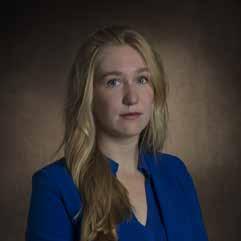
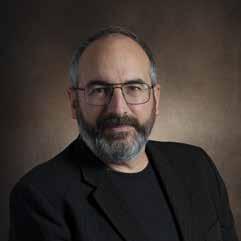
The findings of this study show that an overlap between the Ramadan month and high stakes exams negatively impact the academic performance of Muslim students. These results highlight the importance of considering the obligations of religious minorities in education policies, and beyond, as not doing so can exacerbate existing inequalities. A solution would be to reschedule exams, but this may not be acceptable for the (nonreligious) majority and, indeed, the Dutch government rejected this option when asked about the 201819 overlap of Ramadan with exams in parliament. In our study, we consider if timing of exams ‘within the day’ could help and find that Ramadan effects are minimised when there is only one exam scheduled in the afternoon and none the same morning. We postulate that this is because Muslim students can sleep on those days to mitigate tiredness and hunger felt during the Ramadan fast. Free morning on exam days is probably an acceptable solution for all to ensure that all students, regardless of religion, have an equal opportunity to succeed academically. ‹
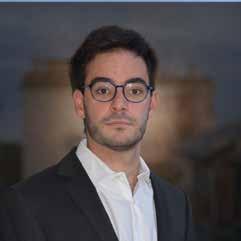 Olivier Marie is Professor of Labour Economics at Erasmus School of Economics. He is interested in studying crime, education, and discrimination from an economic angle.
Kyra Hanemaaijer is a PhD candidate at Erasmus School of Economics and interested in economics of crime, education, and gender.
Marco Musumeci is a PhD candidate at Erasmsus School of Economics. His research interests lie in the areas of education and health economics.
Olivier Marie is Professor of Labour Economics at Erasmus School of Economics. He is interested in studying crime, education, and discrimination from an economic angle.
Kyra Hanemaaijer is a PhD candidate at Erasmus School of Economics and interested in economics of crime, education, and gender.
Marco Musumeci is a PhD candidate at Erasmsus School of Economics. His research interests lie in the areas of education and health economics.
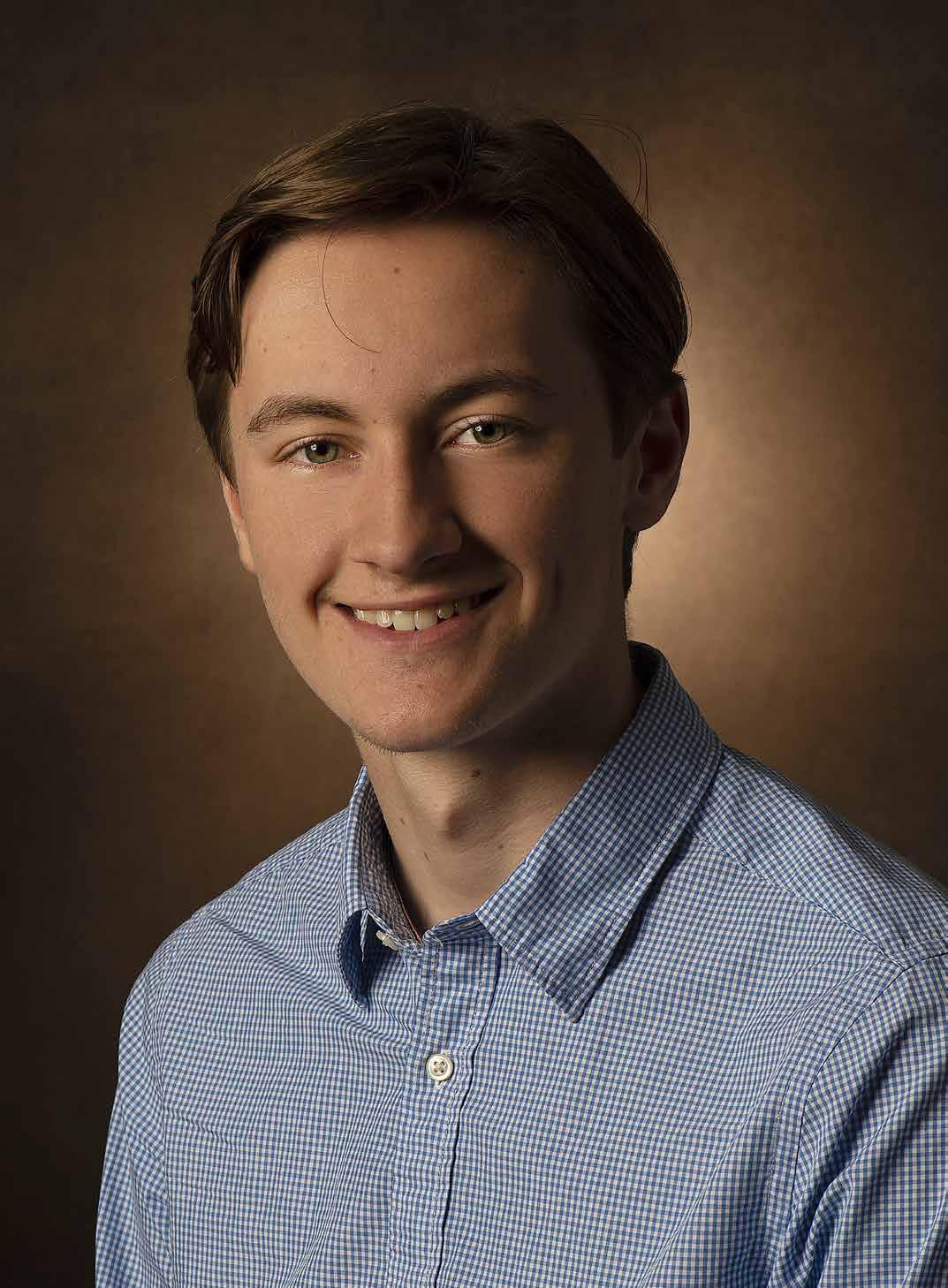
‘ You feel a clear relevance to everything you do here’
Mick van Griensven Bachelor Econometrics and Operations Research
Rooftops offer a different view of the city with a sense of freedom and overview. Rooftops lift you above the noise of the city, with other sounds, other light, other sensations and a rediscovered horizon. And when you are there, you discover seas of new space. Space for art and culture, sustainability, sports, (bio)diversity, recreation and much more. In this atmosphere, the Rotterdam Rooftop Days festival tells a story about architecture and urban development in a low-threshold way, taking a social approach.
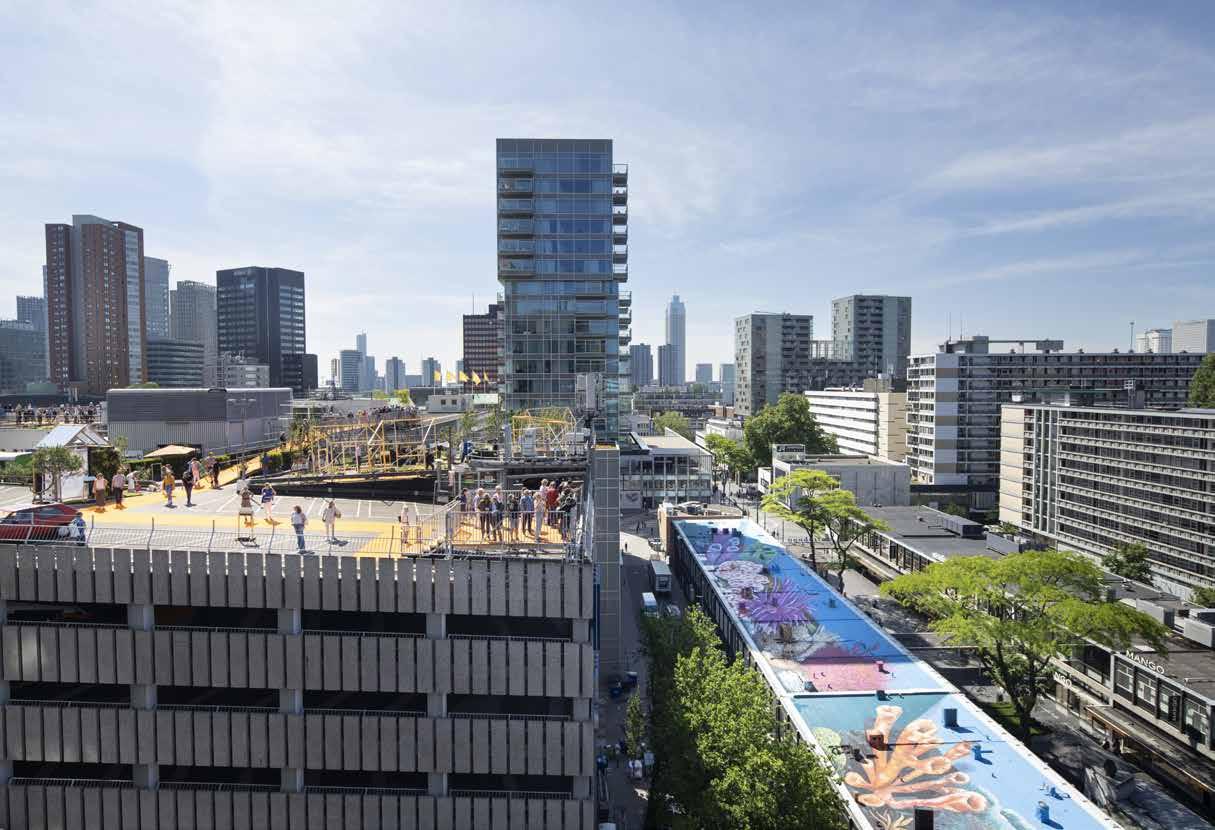
Rotterdam Rooftop Days, often organised in June, aims to show how using rooftops can contribute to a healthy, vibrant, inclusive, sustainable, attractive and futureproof city. This message is spread amongst others via a yearly festival, where all Rotterdammers and visitors to the city are welcome on the rooftops to discover the possibilities of rooftops.
During these days, Rotterdam city centre turns into an open laboratory with inspiring examples on the (im)possibilities of rooftops. Innovative and highprofile projects set an international example when it comes to these possibilities; with temporary artistic interventions, sustainable projects and knowledge sharing. These days also succeed in making one of Rotterdam’s typical identities, Rotterdam as a city of architecture, accessible to a wide audience.
The multitude of flat rooftops in Rotterdam offers opportunities for a future as a sustainable and resilient city. The rooftop landscape offers special opportunities to find solutions to the challenges of our time, such as climate change, energy transition, urban densification and the lack of social connection. Multifunctional, innovative and sustainable use of rooftops can lead to more greenery, reduced CO2 emissions and effectively tackle flooding in cities where space is scarce. But above all, rooftops have the potential to develop into new public spaces where city dwellers can meet. The rooftops occupied by the Rotterdam Rooftop Days serve as a platform where social issues around sustainability and inclusiveness are addressed and discussed. The rooftop
becomes a stage with the city as a backdrop where stories of city residents and city makers are told.
The Rotterdam Rooftop Days sees the inner city as an experimental space, shows inspiring examples of how the Rotterdam rooftop landscape can be used and
engages in dialogue about it. In recent years, the festival has proven to be a fixed value for the city. It has an (inter)national appeal and receives as many as 22,000 visitors in one weekend, with over 60 rooftops participating and more than 130 cultural and social partners contributing to the programme. ‹

Rotterdam already has 2,839 properties with green rooftops, totalling a staggering 462,236 square metres!
(Municipality of Rotterdam, 2021)
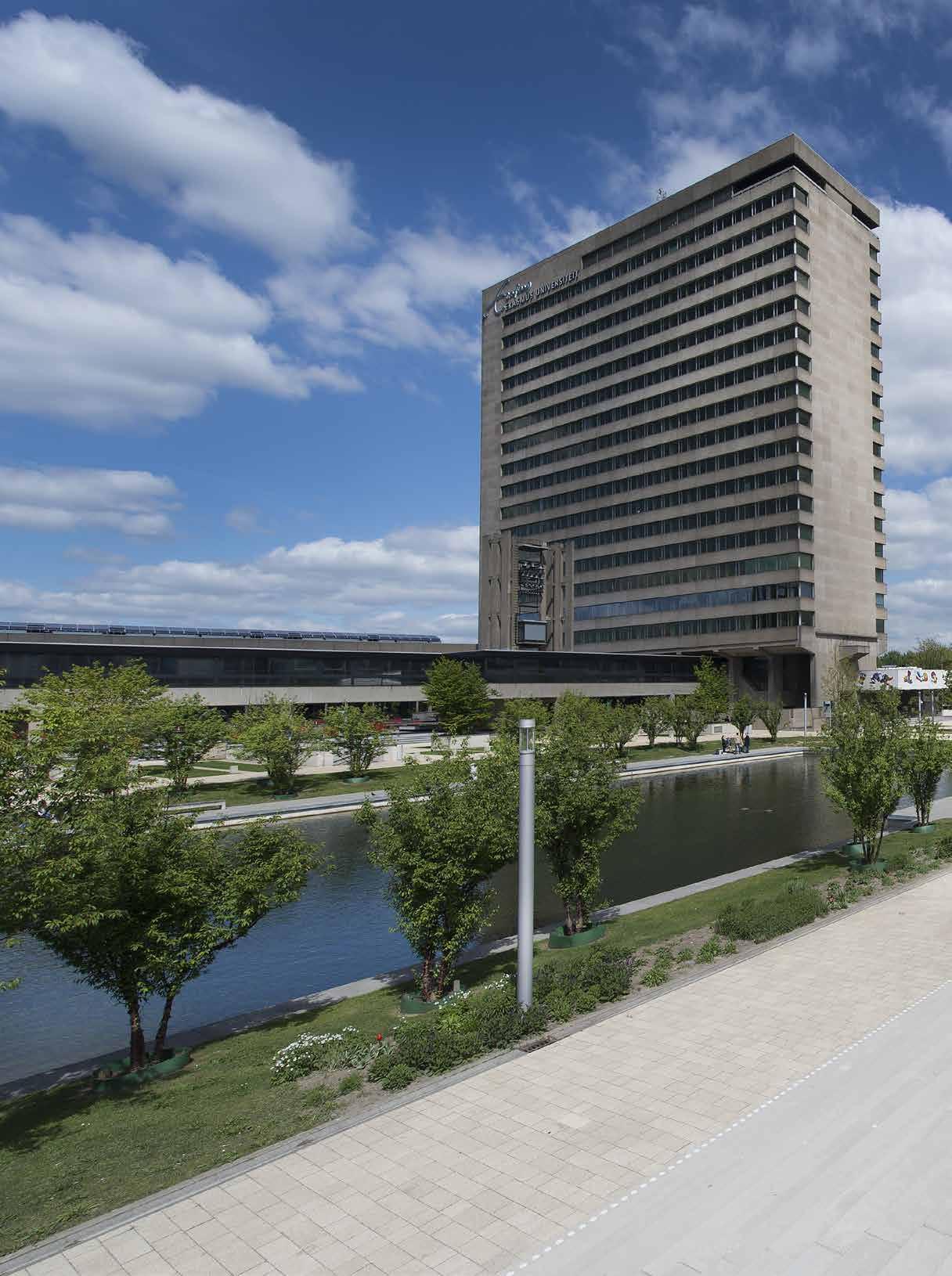
‘This master does not only train you to become an economist, but helps you to contribute to a just and sustainable economic system’
In this master programme students get a broad understanding of the complexity of all Sustainable Development Goals (SDGs) as well as how current and new economic policies support achieving these goals. They analyse cases on climate change, migration, inequality, and healthy ageing.
As these challenges are happening simultaneously at corporate, national, and international level, multiple economic perspectives are needed to understand them. To promote multiperspective thinking, the students select electives from several economic disciplines. They also work in teams during the thesis process.
To provide a common thread throughout the programme, students choose a case on which to focus their electives and theses. The available cases are introduced to the students in the introduction course and will form the topic of their theses.
‘Many Master’s programmes focus on one economic field. To reach the SDGs, it is necessary to combine knowledge from different fields. This is fun and helps to develop the skills necessary to arrive at better solutions. We are looking forward to working with motivated students to share our knowledge about sustainability and what economics can do to reach the Sustainable Development Goals.’
Prof. Elbert Dijkgraaf, programme coordinator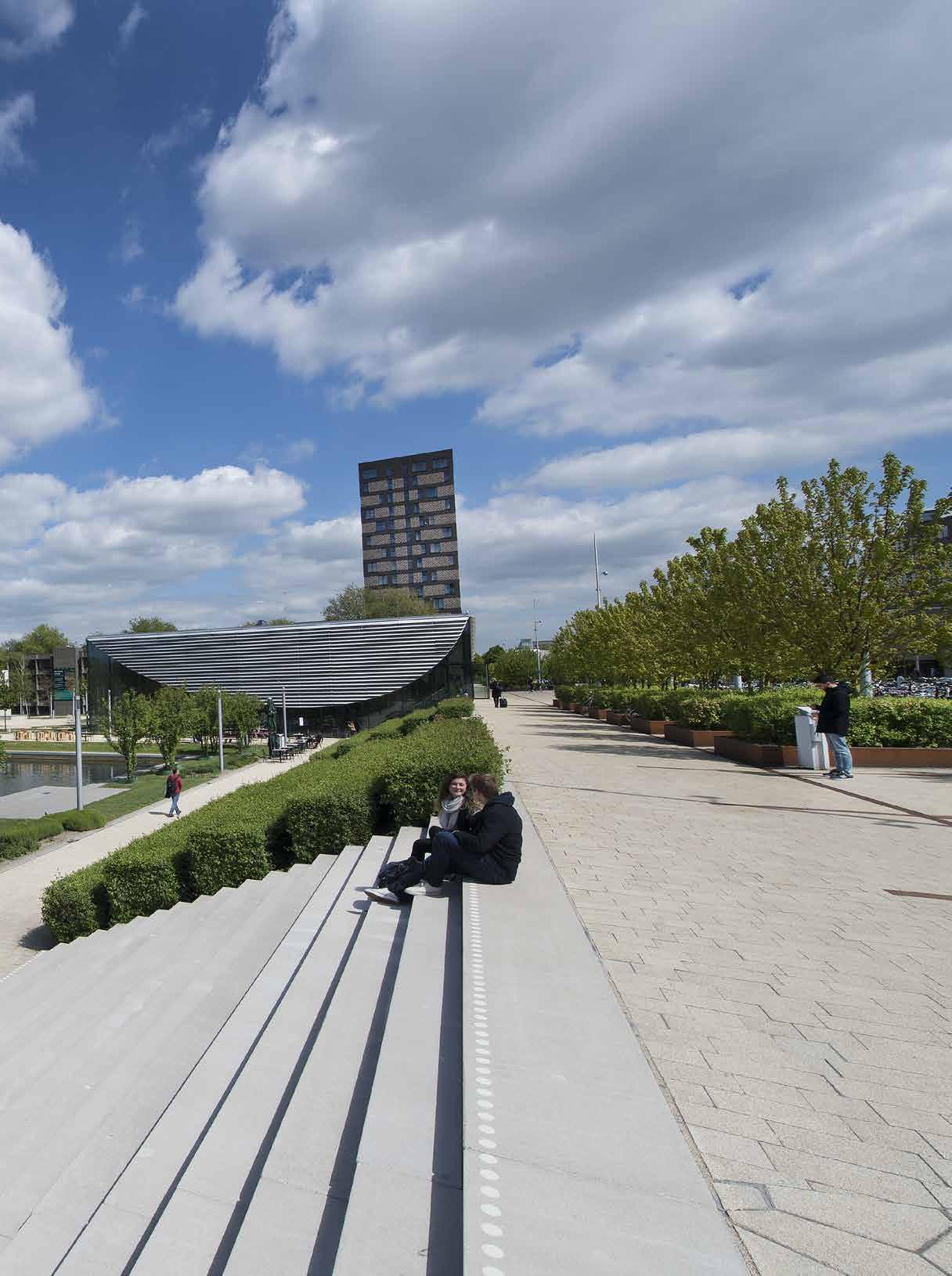
The reason why Erasmus School of Economics is able to build such a unique master programme is because the School has a large faculty of highlevel experts, representing a wide set of economic specialisations. By combining their expertise, this faculty provides students with the knowledge and skills to understand the complexity behind the SDGs.
Furthermore, thanks to the School’s leadership in providing economic expertise to external organisations, the programme also includes experts working in policy development and implementation. Through guest lectures and project collaborations, students meet representatives of ministries and other government branches, NGOs, and the corporate world who show how these complex issues manifest themselves in practice.
Finally, as the second largest city in the Netherlands and host of one of the world’s largest ports, Rotterdam offers an exciting and vibrant place to study economics but especially economics of sustainability. With sustainability high on the agendas of the university, the municipality, and the port, Rotterdam has become a buzzing hub for organisations and enterprises that produce innovative ideas for a more sustainable city and world. Both on and off campus, students have the possibility to explore these initiatives and experience firsthand what it means to work towards a more sustainable future.
As defined by the Brundtland Committee in 1987, Sustainable Development is ‘development that meets the needs of the present without compromising the ability of future generations to meet their own needs.’
The UN has set 17 Sustainable Development Goals (SDGs) intending to fight the ‘grand challenges of our time’, like for instance economic and social inequality, climate change, and further environmental degradation. These challenges are highly complex, but the science of economics can help to understand them: their causes, their consequences, and possible solutions.

Erasmus School of Economics recently launched a brand-new master specialisation that introduces students to current sustainable development challenges and how the economic system works with or against these challenges.
In 2018 Maren Ludwig came from Germany to Rotterdam to study the double degree in Econometrics and Operations Research, and Economics and Business Economics. Now, five years later, she is writing her master’s thesis at the London School of Economics and Political Science (LSE) where she studies Environmental Economics and Climate Change. This was made possible with the support of a scholarship provided by the European Central Bank (ECB). She talks to us about studying at Erasmus School of Economics and LSE, winning the scholarship and her plans for the future.
The double degree’s unique structure, which allows you to combine two studies, appealed to me. It means you obtain a broad skill set that contains such things as economic theory, statistical modelling and the implementation of the programming. I can really say that my experience here was everything I had been hoping for. The knowledge I obtained in Rotterdam stood me in good stead for my master. On top of that, the university offered so many opportunities to grow outside the study as well. What really stood out for me was the opportunity to do two board years at HonEURs, the association of Honours students (of all faculties), going on an exchange to Bologna and being a teaching assistant. I have made friends for life and learned so much more than just theories and models during my time in Rotterdam.
I have always known that I wanted to be able to apply the knowledge I would acquire during my studies to a topic of societal relevance. In my opinion climate change is one of the most pressing issues we face, currently and in the future. This study allows me to combine my passion for economics and econometrics with my interest in scientific development.
I strongly believe that economics is very important in combatting climate change, both in designing mitigation and adaptation policies, and analysing its impact. Apart from physics models, policymakers need quantification of the impact of climate change on, for instance, financial stability, demand for electricity and water, agricultural production, transportation, migration, inequality and economic growth in general. Climate change is pretty much linked to everything we study as economists and the pressure it puts on our societal structures will only grow in the future. In my opinion, that makes environmental and climate economics a crucial field to study within economics.
What I really love about the study at LSE is its interdisciplinary character. On top of economics classes we have classes on such diverse subjects as climate science and international environmental agreements. I have met very interesting people and, like in Rotterdam, had very inspiring professors. It is great to see that so many smart people from different backgrounds come together to combine their knowledge and make a difference. In general, I think what sets LSE apart from other universities is their great student support, from career advice to programming workshops, and the range of interesting public events they organise.
In my master, I am adding more specialist knowledge to top up the general and technical knowledge from my bachelors. I am currently working on my master thesis in which I aim to show how electricity demand is impacted by climate change. For that I am combining economic variables with climate data so my experience in econometrics is certainly very helpful.
I have always loved diving deeper into topics that I found interesting. My bachelor’s thesis for instance looked at how carbon pricing affects economic growth. I wanted to know how the level and implementation of different carbon pricing mechanisms impact society.
During my bachelor studies I did a summer internship at Climate Analytics in Berlin, which is a research institute that studies how climate change affects lowincome countries and small island states. I learned a lot from working in an interdisciplinary team of natural and social scientists, and loved how impactful the work was. For instance, my colleagues supported island states in the preparation process for the IPCC report and other climate negotiations. When I arrived at LSE I started assisting with the
analysis of policies on emission standards of vehicles and the carbon intensity of food at the Grantham Research Institute in London, which looks at climate change and the environment.
A friend of mine mentioned to me that the ECB has a scholarship for women. Initially, I was hesitant to apply because I do not necessarily see myself working in central banking. However, it turned out that is not a requirement. It taught me not to selfselect myself out of opportunities just because I think I might not fit in. The scholarship is available to women from the EU who would like to pursue a master’s degree in the field of economics, statistics, engineering or computing. The first selection was based on grades and motivation letters. Subsequently, the remaining candidates were invited for a panel interview where I was asked about my motivation for the master and my plans for the future. Of course I am very grateful for the financial contribution to my tuition fees, but the fact that every recipient is allocated a mentor with similar professional interests is also very valuable. Just this morning, my mentor and I had a call in which I asked her advice on the career choices I will soon have to make. I also enjoyed the days I spent in Frankfurt where I had the chance
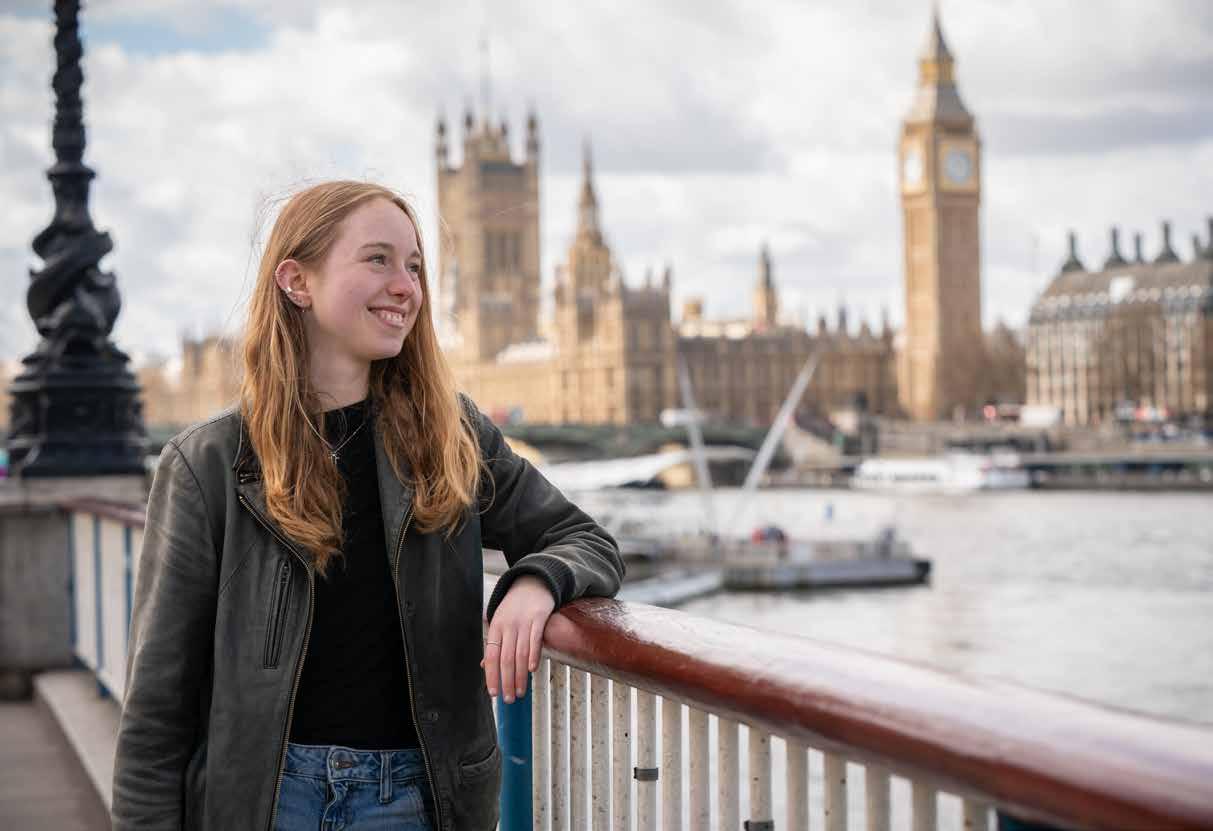
‘I can really say that my experience here was everything I had been hoping for’

to learn more about the ECB, meet its executive board and get to know the other scholars. It was also great for expanding my network. I am still in contact with two other scholars who study Economics in Oxford and Environmental Technology at Imperial. The scholarship helped me in many more ways than I initially thought it would, so I can only encourage every woman, who finds it challenging to finance her master, to apply.
I can of course only talk about my own experience. So far, I was fortunate to receive great support, especially from Professor Robin Lumsdaine. We are still working together on a paper based on my bachelor thesis, which she supervised. Professor Lumsdaine invited me to join her at a conference in Glasgow where we presented our paper and where I obtained valuable insights into academia. To date, I have not personally encountered any instances of genderbased discrimination in my work or studies. At the same time, I know that there are women who have a different experience so I do not want to suggest that it is always easy to be a woman in academia. I find it to be a maledominated field. Most of the professors who taught me were men, both in my bachelors and master. I know that there has been growing recognition of the underrepresentation of women in academia and hope that there will be more balance in the future.
I am still not sure whether I want to go into academia or work in applied research. Eventually, I would like to pursue a PhD in Climate Econometrics, working on the statistical modelling of climate change and its impacts on society. Before that I want to gain more experience in research to get additional insights into the field. After my masters I am excited to start my first fulltime position at the Environmental Markets Lab (emLab), a thinkanddo tank based at the University of California Santa Barbara (UCSB). At emLab I will work on a variety of datadriven projects investigating the global impacts of climate change on human wellbeing. I am hoping to gain more insights into research processes and refine my research interests by working together with world leading researchers at UCSB. The idea is that I will get to know a range of fields within environmental economics before focusing on a narrower topic when I do my PhD. Afterwards I may opt to work for a research institution or immerse myself in academia. Both paths seem very interesting to me and I am sure there will be many more opportunities that excite me along the way. ‹
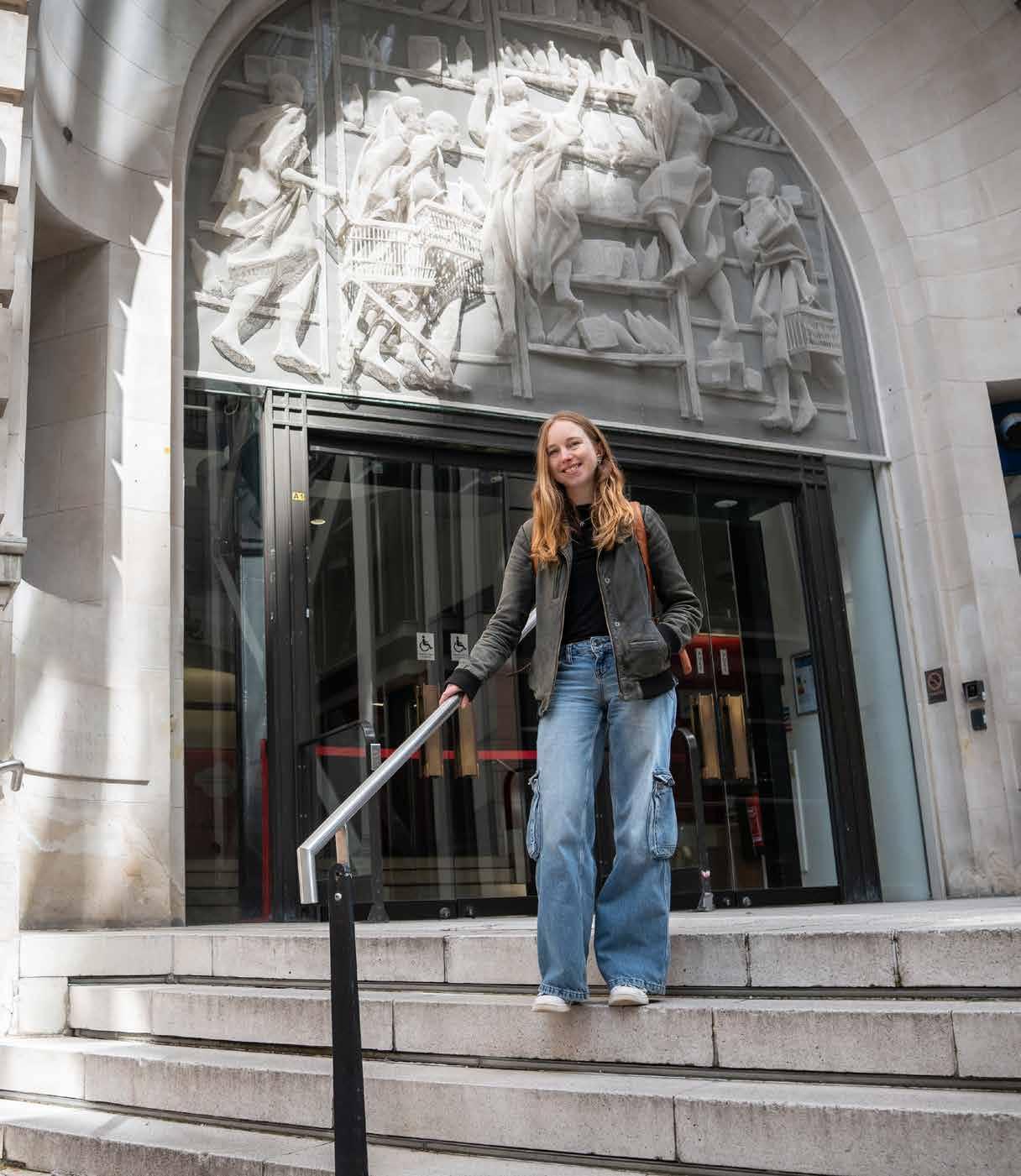
Erasmus School of Economics competes with the best universities in the world. To provide our students with the best opportunities we offer our students a variety of study programmes and lectures by top researchers.
Here are some of the essential facts & figures about Erasmus School of Economics.
We offer the following Bachelor’s degree programmes
Total number of first year students 2022-2023
63% Econometrics
of the students who obtained their Bachelor’s degree at Erasmus School of Economics in 20202021 have started the subsequent academic year with a Master’s programme at Erasmus School of Economics.
€is listed as number 3 of university degrees with the best job prospects in the Netherlands. Source: UWV
Erasmus School of Economics offers 5 Master’s degree programmes, with a variety of specialisations
MSc in Economics and Business
• Behavioural Economics
• Data Science and Marketing Analytics
• Economics of Management and Organisation
• Economics of Sustainability
• Financial Economics
• Health Economics
• International Economics
• Marketing
• Policy Economics
• Strategy Economics
• Urban, Port and Transport Economics
MSc in Econometrics and Management Science
• Business Analytics and Quantitative Marketing
• Econometrics
• Analytics and Operations Research in Logistics
• Quantitative Finance
• Accounting and Auditing
• Accounting and Control
• Accounting and Finance
• Research Master in Economics
• Research Master in Business Data Science
MSc Fiscale Economie (in Dutch)
• Directe Belastingen
• Indirecte Belastingen
For more information about our study programmes please visit: ese.eur.nl/education
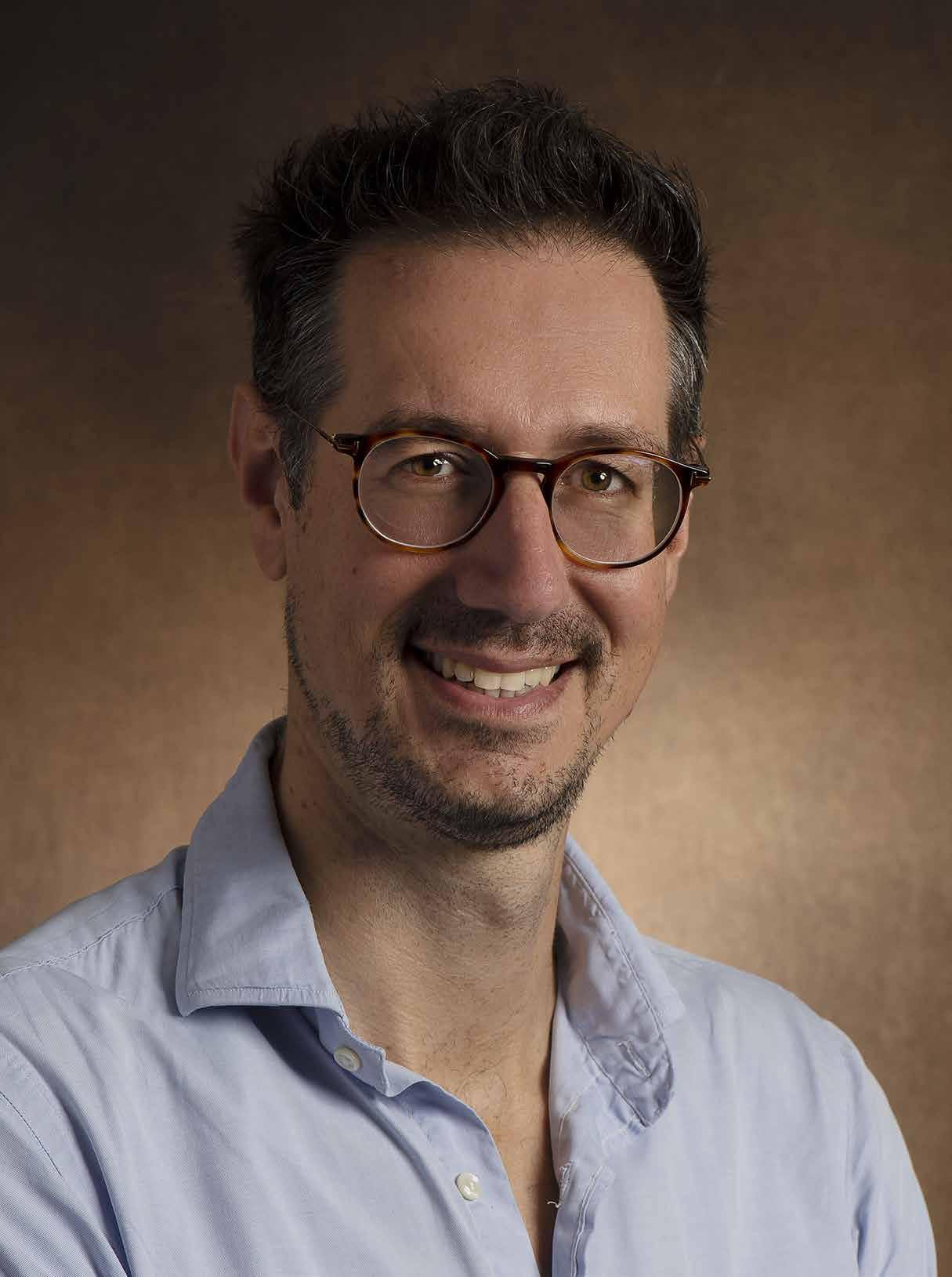
‘My advice for students: do what you love!’
My name is Jan Stoop and I am an associate professor at Erasmus School of Economics. My interest lies within the field of behavioural economics, where I analyse the social preferences of humans. I teach two courses: the Introduction to Behavioural Economics for first year bachelor students in Economics and Experimental Economics for master students in Behavioural Economics or Econometrics. Additionally, I am a member of the Doctoral Committee for the work of several PhD candidates.
When I came in as a student at Tilburg University, I wanted to be an accountant. I had seen examples in my surroundings where people became filthy rich by becoming an accountant, and that appealed to me. However, when I got my first class in accountancy, I knew right away that becoming an accountant was not meant for me. However, we got these other economics courses such as macroeconomics and microeconomics, and I loved that! That is when I knew I wanted to become a regular economist. From there on, studying did not feel like a burden. I wanted to know what the books had to say, especially when I came in touch with behavioural economics and doing experiments. This renewed interest quickly resulted in the wish of becoming a professor. It has been a career goal of mine for quite some time now, and it is highly rewarding to see things work out!
How you prepare for teaching differs a lot per professor. I have been teaching Experimental Economics for about ten years now and because of the process of repetition, less preparation is needed. Students watch the course material in the videos that are provided. During class, we then go over examples that are closely related to the course material. This always ignites nice discussions, also about the ethics of doing (field) experiments. Comparing the various students I teach: I do like teaching the master students the most, since there is more interaction. Typically, the firstyear students are rather shy. When it comes to master students, this is all gone. People stand up and if I say something that they do not believe or do not agree with, they challenge me. I love that a lot!
Coming up with a research topic and ultimately a research question is always difficult. For me, the research method comes first. Based on that method, I will formulate the question. I like to walk around while looking for and thinking about opportunities. Only after observing something interesting, I will come up with an intriguing research question. I see something interesting happening and then I think: ‘how can I use this to do research?’ For example, if someone receives a misdelivered envelope full of cash, I would be interested in investigating whether the recipient will keep the cash or return it to the sender. I will then come up with a method as a base for my research, and the question comes afterwards.
My research is mostly concerned with the measurement of social preferences of humans. I do this by means of lab experiments. In these lab experiments, (usually) students are playing a game behind a computer. These games gather insights into the social preferences of the participants. Additional to the lab experiments, I conduct field experiments in a socalled natural environment. The insights from these experiments will be compared to evaluate to what degree the social preferences measured in the lab are in accordance with those in the real world. Lastly, besides research on social preferences, I study how to design optimal labour contracts. In short, this means I study when contract employees exert most effort for their boss. ‹
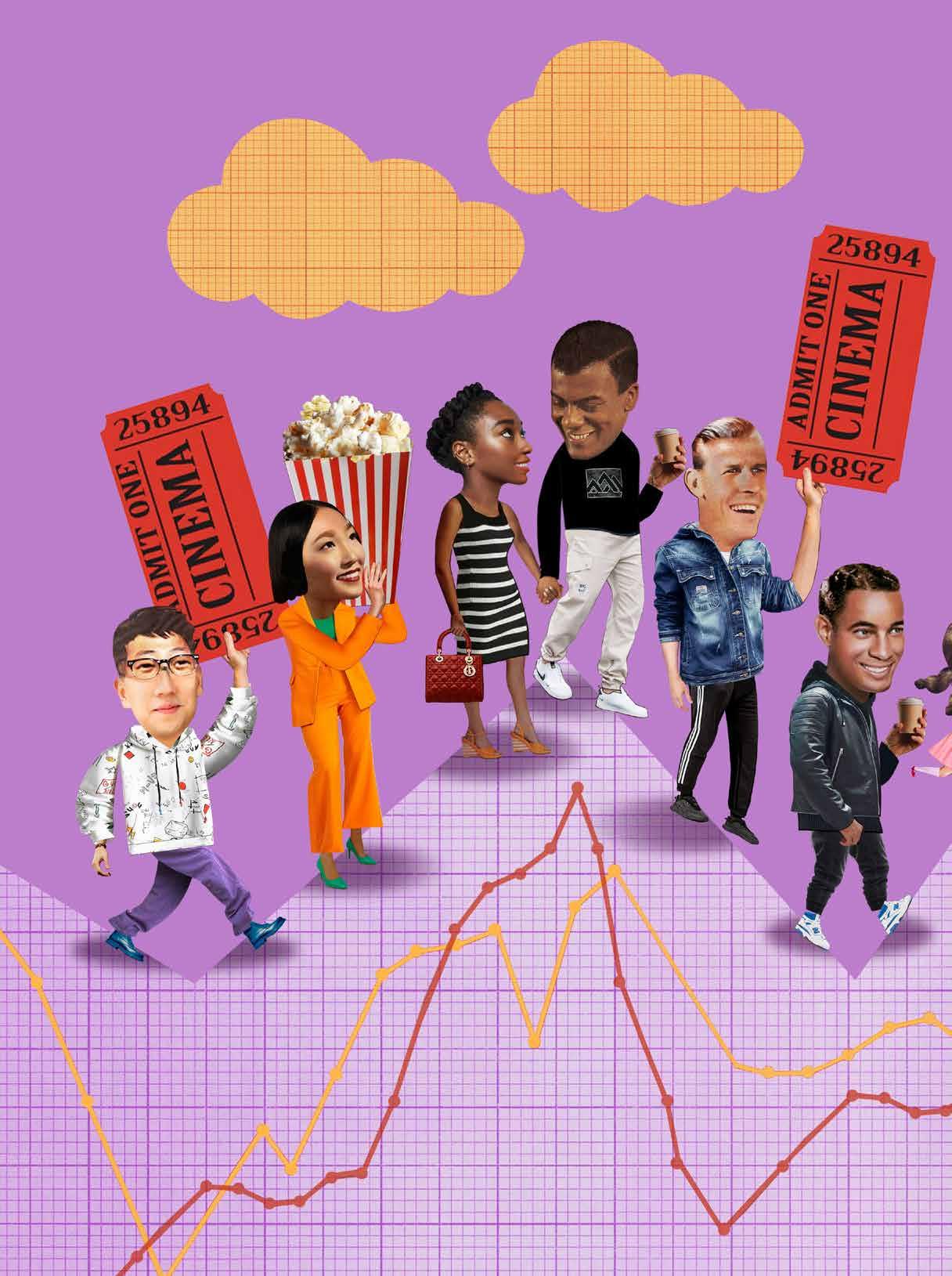
 By: Philip Hans Franses
By: Philip Hans Franses
With a simple model we describe weekly box office revenues for 40 top movies in the USA. The model allows for two groups of adopters. One starts to adopt before the launch, while the second group starts adopting right in the first week of release. It turns out that the two types of adopters are about equal in size. Also, marketing efforts before launch do not have much predictive value for the total amount of revenues in the end, but these efforts do have a positive effect on how long a movie can be viewed in cinemas.
Look at the figure below which presents the cumulative revenues in the USA (in millions of USD) for Star Wars: Episode VII, The Force Awakens. The horizontal axis gives the weeks that the movie was shown in cinemas, and the vertical axis concerns millions of USD. Clearly, there is no visible S shaped pattern, which you would perhaps have expected.
group of adopters could start to adopt at the time of the launch. If we describe each of the two types of adoptions using a logistic function, then it turns out that summing the two functions allows for describing the pattern as in the above figure.



The model is applied for 40 all times top movies in the USA for many years (data collected in May 2020), and these include Avatar, Frozen, The Hunger Games, and Titanic, see the next figure, where the data were retrieved from www.boxofficemojo.com.

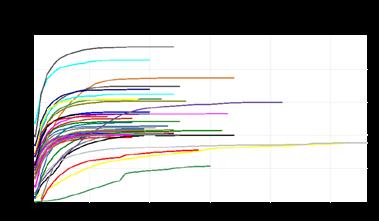
Philip Hans Franses is Professor of Applied Econometrics at Erasmus School of Economics. From 2006 to 2019 he served as its dean. His research interests concern the development and application of econometric methods for relevant and interesting problems in marketing, finance, and macroeconomics.
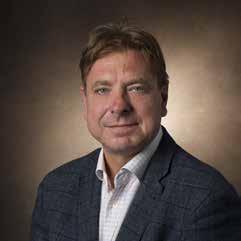
It could now be that the pattern in the revenues associates not with a single group of adopters, but two such groups. The first adopters could adopt already before the launch, due to marketing and trailers, but of course these adopters can only actually go to a movie at or from the time of launch. The second

Analysing the estimates of the key parameters in the 40 models reveals that the revenues from the two types of adopters are about equal in size. This means that social and other media apparently play a very important role in arousing preferences for movies even though the movies have not yet been launched. Prelaunch marketing activities are important and influential. It is likely the case that this becomes even more so in the future.
Furthermore, adoption by those who go to the movies when these are in the cinema is faster than for the prelaunch group. We also learn that earlier adoption by the first generation does not associate with a larger total amount of revenues. But more trailers and advertising does associate with longer playtime in cinemas. Hence, more marketing efforts prior to launch make movies to last longer in cinemas. And finally, a good predictor for total final revenues is the amount of revenues in the first week. In fact, a simple forecasting scheme is roughly 300 million USD plus the revenues in the first week, at least for blockbusters. ‹
'Pre-launch marketing activities are important and influential'

‘Rotterdam is ambitious, modern and innovative, and I like that’
Arthur Kuhlmann
Double Bachelor BSc2 Econometrics and Economics
Masja Zandbergen-Albers has been advocating sustainability. However, in the nineties neither clients nor colleagues were particularly interested. Now she is Head of Sustainability Integration at Robeco in Rotterdam, which she has seen transforming into a leader in sustainable investing. She works with a team of fifty people that has been developing a wide range of green investment strategies that is matched by very few other asset managers.
Originally, I was considering an Economics study, but since math came easily to me, I opted for Econometrics. My father told me that the best place to study this subject was Erasmus School of Economics and with hindsight I think he was absolutely right. The fact that I have continued to live in Rotterdam ever since is no coincidence. The city’s handsonmentality really appeals to me. In addition, it is a very international place with people from all walks of life.
How did it feel to be one of very few women during your study?
It was not an issue. During many of the seminars I would be the only female student, but I was there to study so it did not matter. Being a member of SSR offered me plenty of opportunities for a nice social life. At work, I have often been in predominantly male environments as well and actually I view it as something positive. Men are a bit more direct, which suits me fine. Sustainable investing is traditionally an area where you will find more women. If I had to venture a guess, I would say that it is because we put our money where our mouth is. For a long time we have had different priorities than men and it is great that these have now become more mainstream in the investment world.
I joined Robeco in 1997 as a trainee. I have always been convinced of the necessity for shareholder engagement and attention to sustainability. However, there was not any real demand for that yet from our clients so it was difficult to generate interest within Robeco. When we started Robeco’s engagement team in 2005 our activities were mostly limited to voting and engaging with companies. In 2008, I felt it would be good for my personal development to gain some experience with management. At the time, that opportunity was not available within Robeco so I left to become an interim manager. Back then the group of people involved in sustainable investment was still very small and I was able to find interesting assignments. One of my clients was Syntrus Achmea, now Achmea Investment Management, where I was initially asked for a maternity cover of the Head of Sustainable Investment. Later I joined them as Head of Equities and (temporarily) credits, which gave me the opportunity to learn about the whole investment chain including back office and IT. I had a great time and stayed for 4 years, but when they moved to Zeist my commute from Rotterdam became so timeconsuming that I decided to leave. It was great to come back to Robeco as Head of Research for the Global Equity team, but I did indicate

‘I am very happy with the solid foundation that was built during my Econometrics study’
that I would like to be involved in sustainable investing. When the post of Head of Sustainability Integration became vacant, I was able to realise this goal.
Founded in Rotterdam, the company is now owned by Orix of Japan. We have offices in 16 countries, but the investment department in Rotterdam is also very international with colleagues from all over the world. My team enjoys doing things together; recently, we went iceskating. Even the ones who have not grown up with skates put on a brave face. The sustainable investment center of expertise now has 50 people and they embody a wealth of experience. In turn, this knowledge attracts young talent that is eager to learn and committed to add value to what is already there.
When we participate in groups of institutional investors that are trying to make a difference, we only do so if we can play an active role. We are a founding member of the Net Zero Asset Managers Alliance and play a role in various initiatives regarding biodiversity. Another example is our membership of the Climate Action 100+. Together we have been able to nominate a board member at Italian energy company Enel, which resulted in a more active dialogue on sustainability between the company and the investment community. These activities take a lot of time and effort, but supporting such initiatives in name only is just not enough.
Many of my colleagues are alumni from Erasmus School of Economics or other schools. Some of them still work part time at Erasmus University Rotterdam: Guido Baltussen is Head of Factor Investing and CoHead of Fixed Income at Robeco. He is also a Professor of Finance at Erasmus School of Economics. Joop Huij is responsible for Robeco’s sustainable index solutions and is an Associate Professor of Finance at Rotterdam School of Management where he teaches asset management. Conducting academic research is facilitated very well within Robeco. Several of my colleagues have (co)authored papers in scientific journals, which has helped us to develop our investment philosophy further.
We have now been active in this area for so long that we have already been through a very thorough thought process to get to where we are. People who are new to this type of investing are still debating what it actually means. I am convinced that we can help our clients better because we have charted the way to different types of sustainable investing and the consequences for the selection of investable stocks (the universe). Yes, such choices may have an impact on potential returns, but we can guide newcomers to informed decisions, based on our experience. There are few asset managers that offer such a broad choice in sustainability strategies, ranging from equities to bonds and everything in between. Analysis of financially material Environmental, Social and Governance (ESG) issues is part of the investment process for 96% Robeco’s assets under management, we apply exclusion criteria for all our funds and for 22% we are going even further by looking at the carbon footprint of investments or the contribution to the realisation of the United Nations Sustainable Development Goals. In terms of assets under management in funds that adhere to the strictest regulation on sustainability we find ourselves in the top 10 in Europe, according to Morningstar Fund Research.
Sustainable investing can take many different forms. It is very important that there is sufficient transparency to allow the client to understand what funds are really doing in this area. However, labels can also complicate things, especially if they vary from country to country. Sometimes it becomes almost impossible to market the same fund in different countries while complying with all local regulations. It is good that the EU has come up with the SFDR (Sustainable Finance Disclosure Regulation), but it is still work in progress and should not lead to an emphasis on box ticking instead of intrinsically motivated decisionmaking. What I like about SFDR is its emphasis on double materiality. On the one hand integrating ESG criteria and mitigating ESG risks in the investment process will lead to better investment decisions. On the other hand ‘Money, money, money’ is not enough. To paraphrase Abba, we should also be encouraged to ask ourselves ‘Does your mother know?’. You want to be able to explain how the companies you select play their part in creating a sustainable future.
We have screened our portfolios for CO2 emissions and selected the 200 biggest emitters. For these companies we studied all the information regarding their 2050 targets. Some had no information at all and others just did not have credible plans. It has led to increased engagement with companies where we see room for improvement. In those cases where we considered
'I have always been convinced of the necessity for shareholder engagement and attention to sustainability'
the transparency subpar, we have decided to demand more openness through voting at annual general meetings (AGMs), even if there were no proposals on this topic on the agenda yet. We voted against other items on the agenda and explained our stance to the company in writing. For the companies with the lowest scores in our climate framework and where the follow up is insufficient, this may lead to exclusion. When we started excluding tobacco one of the major companies in the sector wrote to us, stating that they would be smokefree by 2050. We replied that we would gladly reconsider an investment if they could let us know by the time they had achieved this goal.
I am no longer actively programming or developing models, but I have been trained to analyse data and other information very quickly. This mindset is something I use every day and I am very happy with the solid foundation that was built during my Econometrics study. ‹


The Financial Study association Rotterdam is the study association for students of both Erasmus School of Economics and Rotterdam School of Management, who have an affinity with (Quantitative) Finance, Consulting, Accounting, and Controlling. Each year the Financial Study association Rotterdam organises numerous events such as the International Banking Cycle, the International Research Project, and the Private Equity Conference. The goal is to create a link between theory and the versatile financial world in practice.
 The students in the photo are fulltime board members of the Financial Study association Rotterdam, one of the nine study associations that are affiliated with Erasmus School of Economics.
The students in the photo are fulltime board members of the Financial Study association Rotterdam, one of the nine study associations that are affiliated with Erasmus School of Economics.
Once in a while, the Auditorium of Erasmus University Rotterdam is the decor of the EFR/EenVandaag Election Debate. Here, leaders of the largest Dutch political parties question each other’s credibility and integrity as they face off on live national television in the country’s election campaign. For many years the Economic Faculty association Rotterdam (EFR) organises these kinds of debates in anticipation of Dutch elections. They do this in close cooperation with EenVandaag, a current affairs programme on the Dutch public television network NPO 1.
The 59 th board of Economic Faculty association Rotterdam. From left to right on the top row: Pien Kuijer, Vere Lammers, Jitske de Jong, Arjan van Amerongen and Arnoud Rebel. From left to right on the bottom row: Evelien van Oostrom, AnnaFien Botter, Joris van Beek and Rozemarijn Bloem.
Founded in 2016, the National Economics Olympiad is a problemsolving competition for bachelor and master students in economics, organised by study association AEclipse, in close collaboration with the Royal Dutch Economic Association. Students in teams of three are tasked with solving challenging questions set by professors from different Dutch institutions encompassing topics related to the varied branches of economics. This year, the event was organised at RaboBank headquarters in Utrecht.

From left to right: Coen Teulings, Maartje van Wijhe, Ming Cheng, Sijmen Rijks, Sruthi Ramesh, Ester Barendregt and Robert Dur.


The EFR Women in Business Conference, hosted and organised by the Economic Faculty Association Rotterdam, is an event to encourage young females to start their own road to success in the business world. At this event, the Keynote speaker was an Erasmus School of Economics alumna Carla SmitsNusteling, the Former CFO of KPN and board member of ASML. After the keynote speech, more successful alumna from Erasmus School of Economics joined for a networking lunch and had discussions with the ambitious female students!
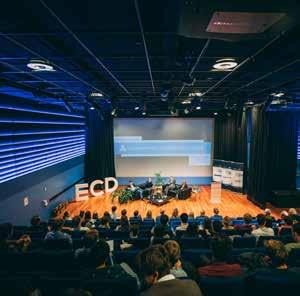
Each year, study association FAECTOR organises the Econometric Career Days (ECD). The ECD is the largest multiday recruitment event for econometricians in the Netherlands, with the purpose to connect highly motivated Econometrics & Operations Research students with potential employers. These days will be marked by prestigious companies that will give a peek into the future of an econometrics student. Students can join company cases, presentations and informal events to meet the companies they like.
With the technological side of marketing becoming more prevalent, the MAEUR Data & Analytics Convention connects the most prominent and interesting tech companies and students within the realm of both technical and nontechnical marketing and data solutions.
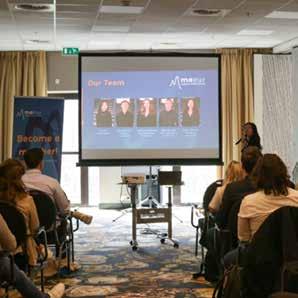
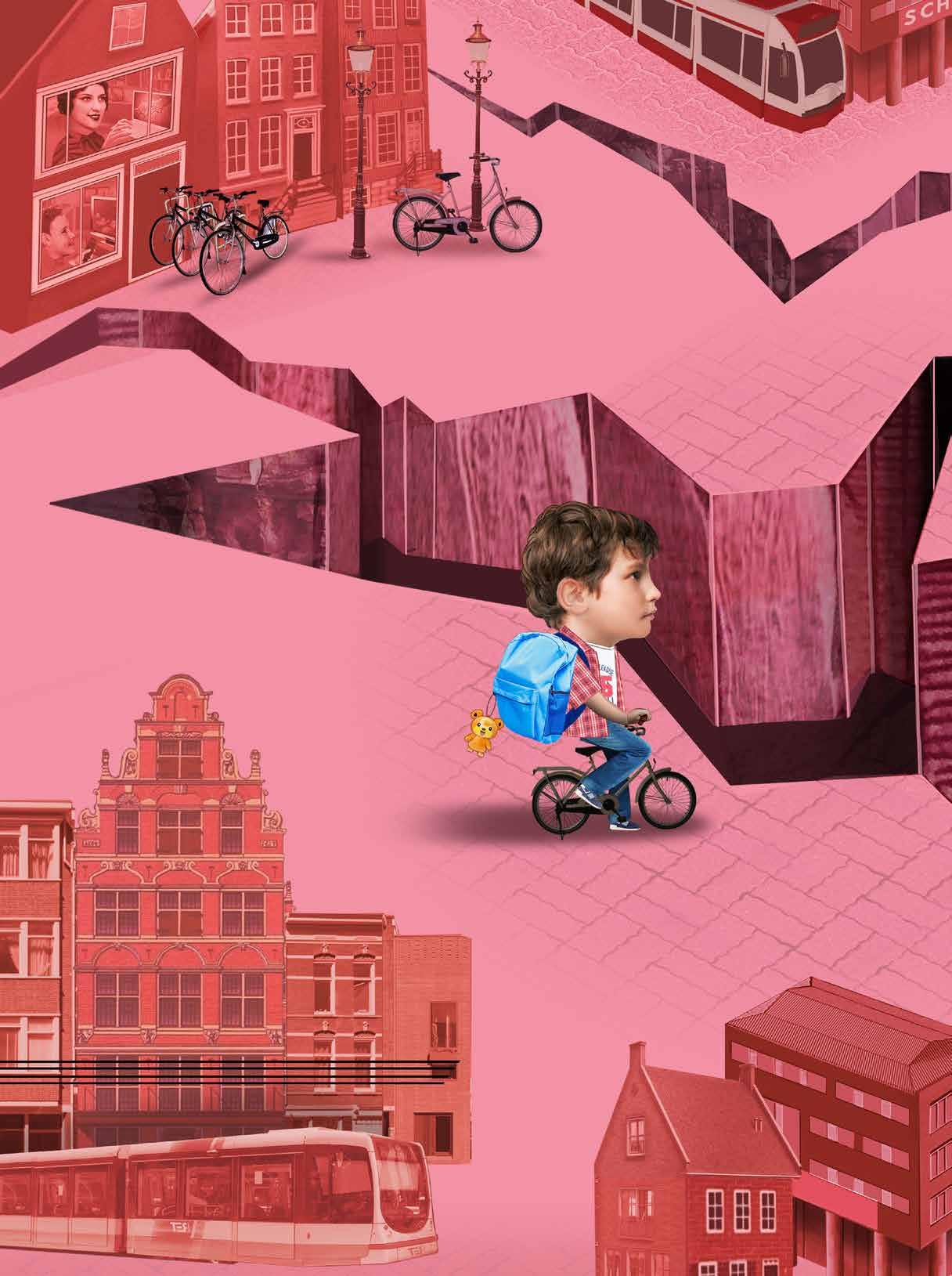
 By: Bastiaan Ravesteijn
By: Bastiaan Ravesteijn
The Netherlands is considered an egalitarian country, with a strong social safety net, employment protection, and universal health insurance with broad basic coverage. But to what extent are the outcomes of individuals associated with the circumstances in which they grew up? We use rich administrative data on the full Dutch population to explore how differences in opportunity arise in terms of health, education, housing, and economic activity at different ages. Our results can be viewed on two interactive websites, opportunitymap.nl and opportunitygap.nl. In this article, I show how educational outcomes vary across neighbourhoods in the greater Rotterdam area.

We wondered how exactly opportunities differ by circumstances which are out of the control of individuals, such as their parents’ income or the neighbourhood where they grew up. Our results show that the circumstances where people grow up matter greatly for how they are doing in life. For example, we can compare the current incomes of people who were born in the 1980s, depending on the income of their parents. Those whose parents were in the bottom 5% of the parental income distribution on average have an income of € 33,000, while those whose parents were in the top 5% have an average income of € 60,000. We have created an interactive website where anyone can explore these and other results for themselves: opportunitygap.nl (Dutch version kansenkloof.nl). On this website we also show differences by sex, migration background, and household composition.
The results on income raise the question at what age these differences arise. A related question is to what extent differences in opportunity exist across municipalities or even neighborhoods. The figure in this article shows the proportion of all 16yearold children who are in the highability (havo) or very highability (vwo) track in secondary school. We can see that in KralingenOost (postcode 3062), 91% of children attend at least the very highability track, which this is true for only 26% of children who live in Crooswijk (postcode 3034), which is only a fiveminute bike ride away. On our interactive website opportunitymap.nl (Dutch version kansenkaart.nl), anyone who is interested can explore these results and create maps according to their own interests.
The differences by neighbourhood might simply reflect that high and lowincome parents choose to live in different neighbourhoods. Our results make it possible to hold these differences constant, for example by comparing individuals whose parents are all on the 25th percentile of the parental income distribution. On average, these parents had an annual gross income of € 53,000 (adjusted to the 2018 price level) when their children were in their late teens to early twenties, which meant that 25% of parents of children of the same age had lower incomes while 75% had higher incomes.
Bastian Ravesteijn works as an assistant professor at the applied economics department of Erasmus School of Economics, where he received his PhD in 2016. Ravesteijn was a Commonwealth Fund Harkness Fellow at Harvard Medical School and a Marie Curie Cofund Fellow. He is an NWO Veni recipient and the principal investigator of the National Science Agenda consortium Children and (future) Parents, supported by Prediction and Professionals in Prevention, to improve Opportunity (C-4PO).

When we look at 16yearolds from these relatively lowincome parents only, we still see big differences between neighbourhoods that are very close together: while 52% of these children in Blijdorp (postcode 3039) attend the high or very highability track, this is only 19% in the Agniesebuurt (postcode 3032). Similar differences by neighbourhood can be observed in our results on standardised test scores of pupils in the final year of primary school, which can also be explored on the two interactive websites mentioned above.
Inequality of opportunity can be defined as the extent to which outcomes over the life course are determined by external factors that are not under the control of the individual. In our research, we quantify these inequalities to provide an evidence base for the discussion of equality of opportunity. Whether these differences are fair or unfair is something everyone can decide for themselves.
Our results are purely descriptive and do not provide evidence on what causes differences in outcomes. For example, differences in outcomes between neighbourhoods or municipalities can be exclusively driven by the fact that different types of people select into different neighbourhoods, even if these people have similar incomes. Therefore, while our results show where upward intergenerational mobility is highest and where children could benefit from some extra support, they do not tell us how opportunities can be improved. ‹
Source: opportunitymap.nl

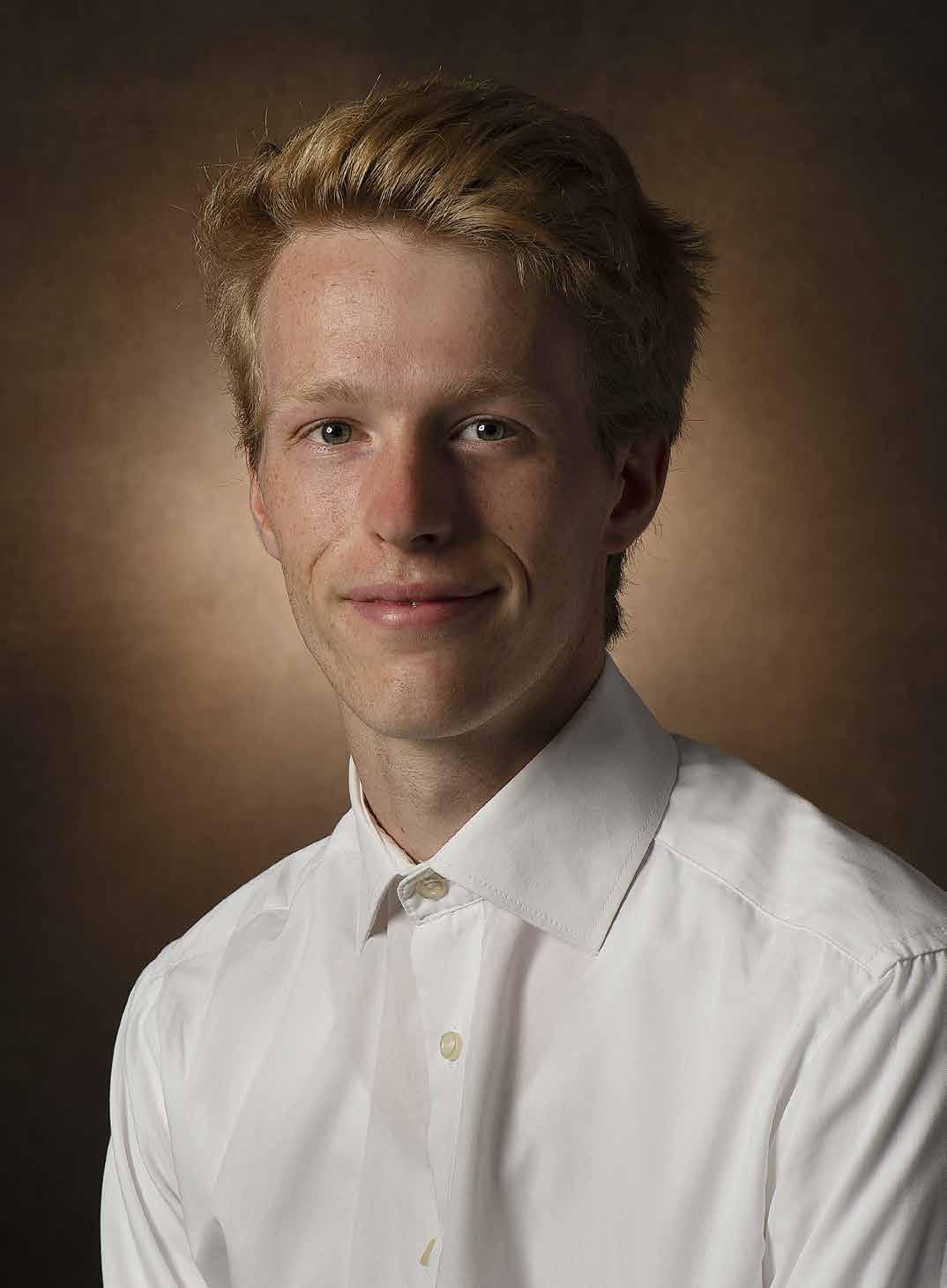
‘A relevant start to make my ambitions come true’
Mark IJpelaar Bachelor Economics and Business Economics
The KidsRights Index is the first and the only global ranking that annually measures how children’s rights are respected worldwide and to what extent countries are committed to improving the rights of children.
'Climate Change is named as the biggest global threat to children’s futures'
The KidsRights Foundation took the initiative to develop a first and only global ranking that annually measures how children’s rights are respected worldwide and to what extent countries are committed to improving the rights of children. Erasmus School of Economics and the International Institute of Social Studies were approached to chart the status of the implementation of children’s rights worldwide with a scientific approach. This special collaboration between academics and nonprofit organisations that began in 2010, led to the first launch of the Index on 19 November 2013.
The KidsRights Index has been developed to stimulate public opinion and public debate concerning the adhering of children’s rights. It comprises a ranking of all United Nations (UN) member states that have ratified the UN Convention on the Rights of the Child and for which sufficient data is available (as of 2022 a total of 185 countries are part of the Index). Countries receive scores in five areas of children’s rights: life, education, protection, health and enabling environment for child rights. The Index is a mean for
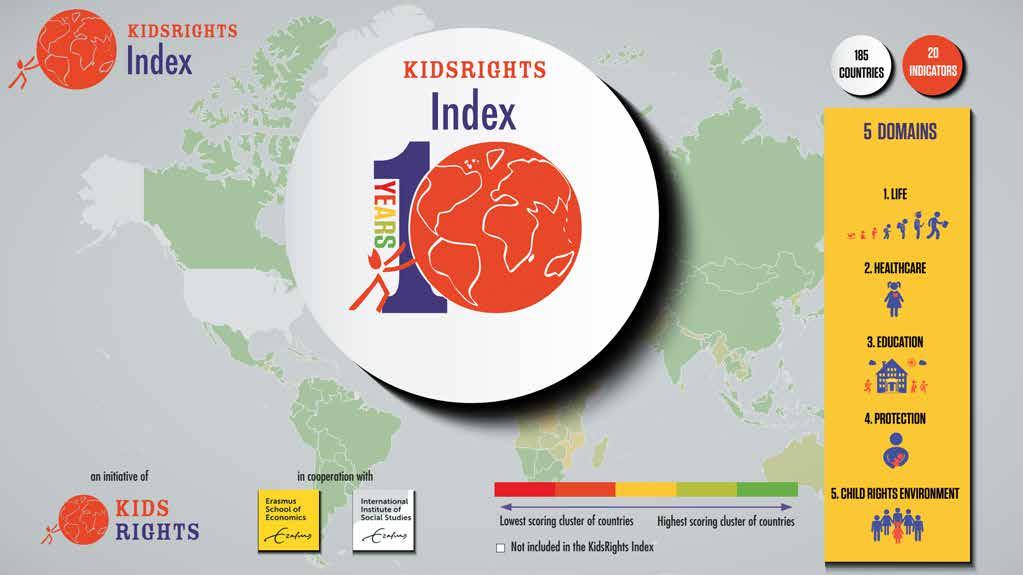
governments, organisations, children and basically everyone to take action for children’s rights. Based on the results of the Index, the KidsRights Foundation advises governments on what they can do to improve children’s development.
On its tenth anniversary, the KidsRights Index reveals that there has been no significant progress in the standards of children’s lives over the last decade, while standards amongst the lowest ranking countries have even dropped further. Climate Change is named as the biggest global threat to children’s futures, as one billion are found to be at extremely high risk of being negatively affected, whilst 920 million are already affected by water scarcity and 820 million are highly exposed to heatwaves. Conclusively, there is still a considerable gap between children’s rights policies made at national and international level and the local daytoday realities of children and youths worldwide. The index provides crucial insights into what is being done and where countries need to do better to fully implement the Convention of the Rights of the Child. ‹

Firms are still searching for effective policies to increase gender diversity in leadership positions
Since the financial crisis of 2008, many business leaders and governments in OECD countries have been supporting the ‘business case’ argument for gender diversity in leadership positions. This argument states that more diversity is good for business, because it generates more creativity and reduces biases, among other benefits to firm performance. Many large firms have implemented diversity policies to increase the share of women in leadership. Yet, actual progress towards more diversity in leadership has been slow. A review of the main policies implemented suggests that some policies have been ineffective, whereas others are more promising.
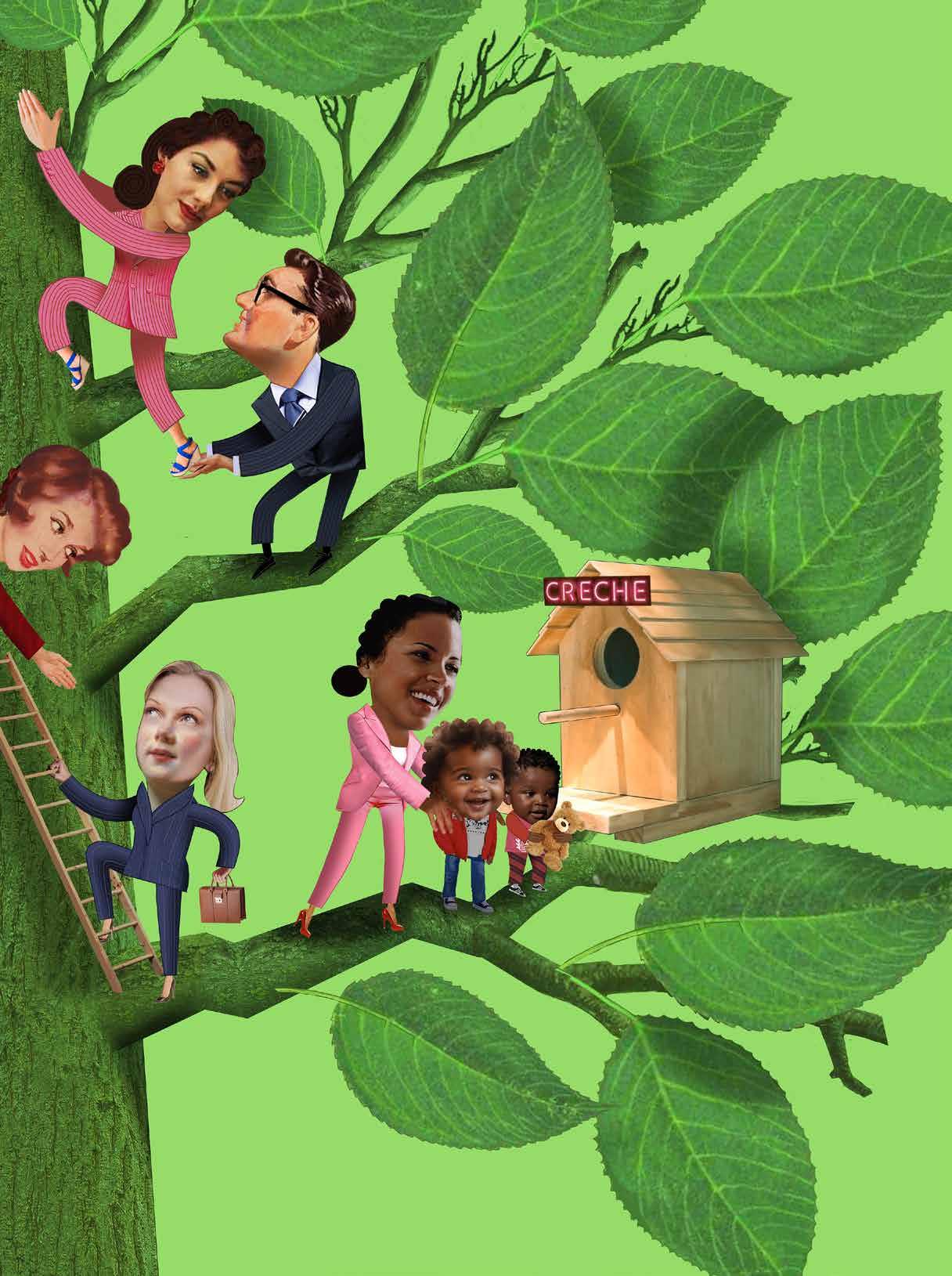
The ‘business case’ for diversity argument first appeared in the management literature in the 1990s. It states that firms that manage diversity well and have diversity at all levels of the corporate hierarchy tend to perform better. The business case argument created a shift in public policies, which led to the implementation of policies such as gender quotas on boards of directors in some countries. The 2008 financial crisis led to an increase in support for this argument, as some political and business leaders argued that the financial crisis may have been avoided had there been more gender diversity in leadership in the financial sector. This led large firms to implement policies to improve representation of women in leadership positions. And yet, despite this support, progress has been slow.
We use a 2019 dataset covering 3,800 large firms from Organisation for Economic Cooperation and Development countries to document the extent to which these firms had implemented policies in favour of gender diversity and how these policies related to diversity at different ranks in the firms. We find that nearly 80% of firms had at least a diversity statement or policy in place. However, we find that the share of women in leadership positions remained low: 21.4% on boards, 15.8% in Csuite positions, and 24.6% in management positions, on average. We find large heterogeneity by country: large firms from Sweden and Norway had the highest percentage of women in the Csuite (close to 25%), whereas firms from Japan and South Korea had the lowest (around 3%), and Dutch firms had 17.2%.

However, slow progress may be partly explained by supplyside factors, such as gender differences in higher education programme choices and labour market segregation. We find that these factors correlate with the share of women in leadership positions in firms. We also find that strong public policies, such as binding quota policies on boards, lead firms to increase the share of women in leadership positions.
Anne Boring is Assistant Professor at the Economics Department of Erasmus School of Economics since September 2017. She also heads the Women in Business Chair at Sciences Po, Paris. Her research focuses on gender equality in higher education and the labour market, and on policies designed to improve diversity in leadership positions.
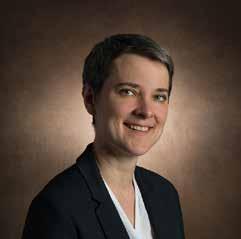
Over the past decade, some economists have focused their research efforts on using natural, field and lab experiments to examine the effective ness of common policies firms implement to increase the share of women in leadership. These policies include gender quotas, diversity training programmes, networking and mentoring programmes, as well as familyfriendly policies. Our review of this literature suggests that these policies yield mixed results.
We conducted regression analyses, where the dependent variables are the percent of women in firms’ boards, Csuites, and management positions, and which we related to different types of diversity policies implemented. We find significant positive correlations between having a formalised gender diversity policy in place and the percent of women in leadership.
We discuss several recommendations about ways to improve gender diversity policies. First, quota policies may be effective when they target the Csuite or lowerlevel management, where the daytoday running of the firm is less limited than at the board level. Second, networking and mentoring programmes seem to be effective, and, although more research is needed, it seems that these programmes should not be based on gender alone: junior female employees can benefit from learning from both men and women at senior levels. Third, research on diversity training programmes suggest that many do not seem to work; finding effective ways of improving firm culture is an important area of future research and a remaining challenge for firms. Finally, firms that have implemented family friendly policies tend to have a higher retention rate of women, but these firms are often in lowerpaying and lowerskilled sectors. Firms from a larger set of sectors can do more to implement policies that would lower the turnover of their female employees and enable them to reach leadership positions. ‹
'Finding effective ways of improving firm culture is an important area of future research and a remaining challenge for firms'
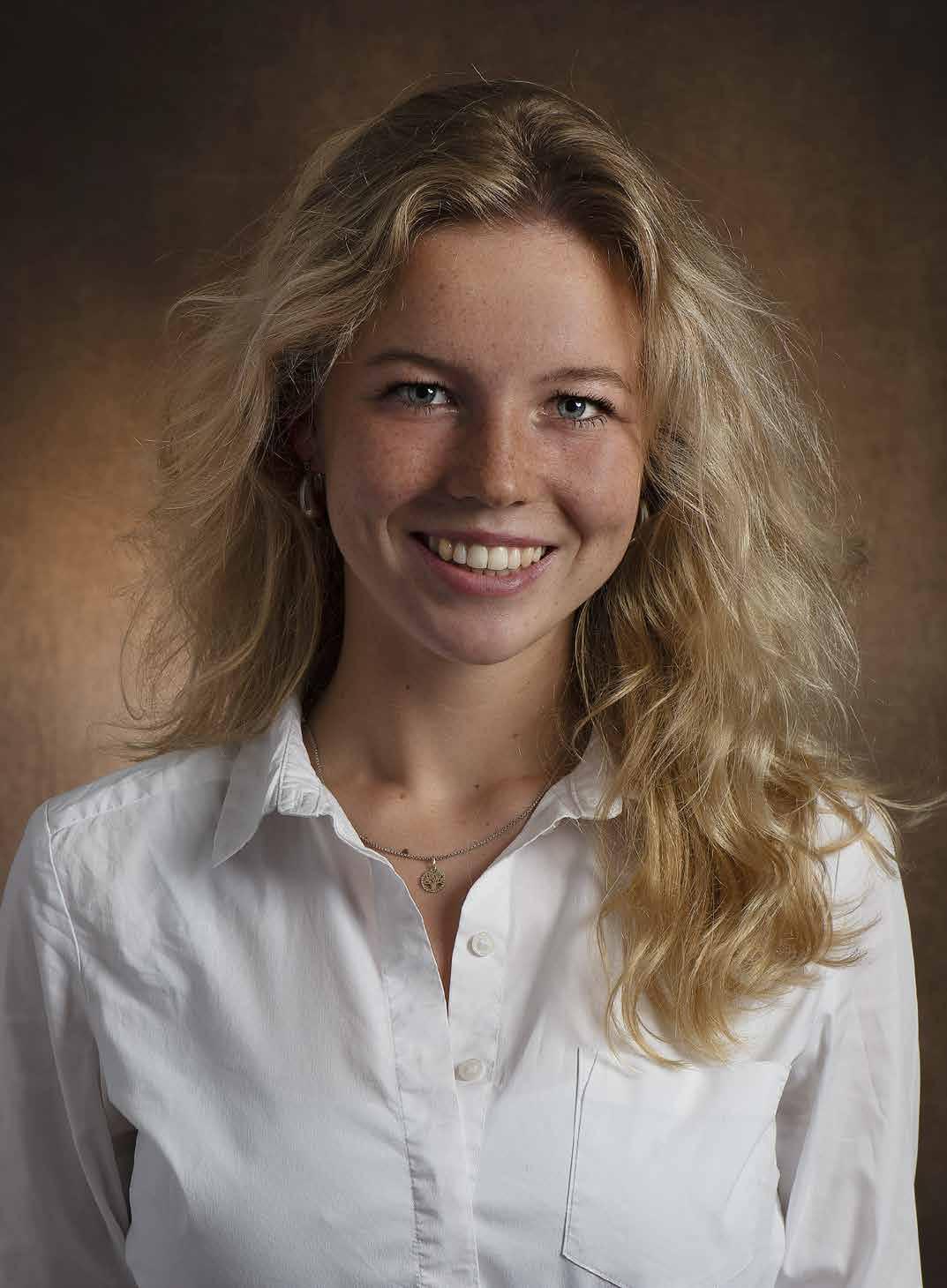
‘High performance is normal here. I like that’
Fee Roovers
Bachelor Economics and Business Economics and Bachelor Fiscale Economie
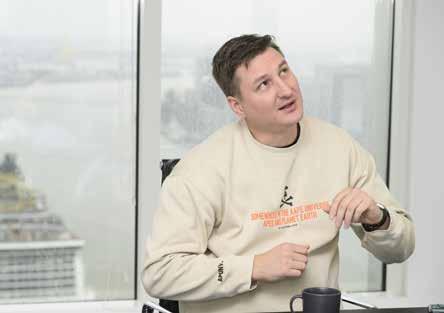
 By: Anna Deems
By: Anna Deems
In the central hall of the office of Staffyou one object stands out: a gong. ‘We ring it every time we land a client’, founder and CEO Pavle Beslic clarifies. Does the gong ring often enough? ‘Never enough!’, he says, with a generous smile. The location of the office is impressive: it is situated in the Maastoren on the 33rd floor, a couple of floors above Beslic’s former employer Deloitte, with spectacular views on the Erasmus Bridge and beyond. Staffyou is a digital temporary agency platform that matches temps and employers through smart algorithms. The location matches the success of the company: in a couple of years Staffyou became a million dollar business that is active in both the Netherlands and the United Kingdom.
Around 2008 I was working as a student for a temp agency myself. I noticed that a lot of colleagues turned up late or were high. I had started a small business before and thought: I can do this too. I addressed the client on the spot, who replied: ‘Well, this is

going so bad… If you turn up next Saturday with eight employees, you will be my new supplier.’ I succeeded and started my new business. It was typical for me: seeing opportunities everywhere, without being limited by any expertise. That also meant that I made all the mistakes you can make. I failed to arrange essential things, like taking care of the right acquisition and credit control. My client started paying later and later, and then the financial crisis happened. I could not get a loan and my client went bankrupt. It made me take a different approach. I finished my studies and started working as an accountant, aiming to move up on the corporate ladder that way. After a couple of years I saw the opportunity to work for myself and eventually to also start my own business again. From the mistakes I made when I was younger, I learned to really take the time to develop a proper idea first. That idea turned out to be the digitalisation of the temp agency. When I was a student, the workflow of these agencies was very cumbersome: there were no smartphones yet, you always had to call people and email directions. I realised that the


and employers efficiently?
Erasmus School of Economics' alumnus Pavle Beslic turned this idea into a successful company, Staffyou. He tells us about his road to success and the lessons he learned on the way: ‘Do not listen to influencer coaches who promise you golden mountains with minimal effort’.


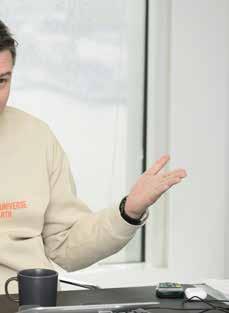
sector had not changed that much ever since. Why not digitalise your workflow, since we already do everything else online as well? At first, employers were hesitant when I pitched this idea to them. They preferred to call their temps and were not very keen on working with reviews of employees. But I was still convinced of all the advantages of digitalisation and was determined.
Determination is key if you are an entrepreneur. When you fully believe in your idea, people tend to give you the benefit of the doubt. Timing is essential as well. There were some people thinking of the same concept a couple of years before, but that was too soon. Think of online shopping – nobody would consider that a couple of years ago, nowadays it is completely normal.
Our product is innovative. I call it the ‘TikTokifiation of work’. If you scroll through TikTok a couple of times, the app ‘learns’ what you like. We also use algorithms to predict who will work
where successfully. A straightforward example is a warning when someone accepts ten jobs at a time at 03:00 AM. In that case it might be a good idea to call that person the next day to check in. Another example is a successful match between a temp and a client that may predict a successful match with a comparable client. You see a similar process at Netflix or in retail: ‘since you watched/bought this, you might be interested in watching/buying this as well’.
The way this company was built, stands out as well. I invested a lot of my own money in the first years. After three years an investor joined me, for a reasonable price. We spend ten times less than most other digitally innovative companies, which makes us financially healthy and less vulnerable to trends like rising interests. Of course it was a risk to invest so much, and I had to put things like buying a house or going on holidays on hold. But now I am a majority stakeholder and Staffyou still really is my company.
Is there a certain road map to a successful enterprise?
It really depends. If you have a brilliant idea and you are the first one to think of this, you should get started immediately. That is an exception though. There will always be ideas. The question is whether you will be the one to successfully carry it out. According to several studies, one of the traits that very successful entrepreneurs have in common is that they are in their thirties or forties. They gained experience first and learned from others. Of course you can take Facebook founder Zuckerberg as an example. But then ask yourself: are you attending Harvard? Are your parents wealthy? What are the odds that someone invests 10 million in your idea? And that you will find the most talented developers to work for you? Chances are already small that your business will be successful, so you better be prepared. Through working as an accountant for Deloitte, I learned a lot about how the industry works: how to dress, how to approach clients, how to measure things, how to take the lead.
Besides knowledge, perseverance and timing there is one more quintessential aspect: make sure that your idea is scalable. You cannot add scale afterwards. When I ran my temp business as a student, I was always present as a team manager on the spot. That made it different from other agencies and contributed to the initial success, but was in no way suitable to scale up. So always think ahead: what makes your business stand out and how will you expand it? Or decide beforehand that you want to go for a small business. If you have the potential of a small business but aim for a big one, that is where things go wrong.
I would recommend students to read books from successful entrepreneurs who share their experiences. For example, I learned a lot from Zero to One by Peter Thiel and Blake Masters, the biography of Elon Musk and Amp it up by Frank Slootman –an alumnus from Erasmus. But besides that and focusing on your studies, I think it is also important to do something else that you are passionate about. That can be sports or something creative, as long as it is something that you can completely dive into and that helps you take your mind off other things.
When you were young, your family experienced hardships because of the war. Does that play a role in how driven and motivated you are?
After being born in Rotterdam, my parents and I moved to then Yugoslavia. After four or five years we left because the war was coming. The economy was turning bad slowly and you could predict it was going bad. My parents sold everything to start a new life in their motherland. When that life fell apart, they lost everything. I realised that things did not work out as we hoped. Being back here, I had the feeling that I stood behind and that I had to make up for something. It felt like I had something to prove. That was definitely a drive to achieve things.
Pavle Beslic (1985) studied Economics at Erasmus School of Economics. He obtained a Master’s Degree in Accounting, Auditing & Control. After his studies he first worked as an auditor at Deloitte, and later as an accountant on a freelance basis. In 2016 he made his first turnover with his company Staffyou.
In retrospect, definitely. When you are a student, a topic like financial accounting is quite abstract. But when I started to expand my business, I recognised the theory behind what was happening and knew what sources to consult to refresh my knowledge.
Yes. Communication would be on top of the list. Of course you study languages and you write a thesis. But I am talking basic communication: how to communicate, how to read people and how to interact with different types of people. It will be a huge part of everything you will do after graduation. Another theme would be certain financial knowledge: what taxes entail, how capital works and how to raise money.
I have always stayed in Rotterdam since. It is the place I know best, where I know everyone. I have an emotional connection with the city. When we were in the middle of upscaling, I bought a small boat. When I was under a lot of pressure, I went speedboating across the Maas to wind down. It also created head space for new ideas.
I would have liked to live abroad for a year, but that never happened. That is something I regret: I should have had a little bit more fun before I fully took on my entrepreneurship. I underestimated how intensive and time consuming it is. I just started and once you have, you cannot step out that easily. So I would advise future entrepreneurs to think it through beforehand and make a conscious choice. Also: know that everything is possible. I also started in a paid employment situation without a lot of connections. But, and I cannot stress this enough, be realistic at the same time. Not everything can be an instant hit. Do not listen to influencer coaches who promise you golden mountains with minimal effort. If your attempts keep ending up in failure, you will risk giving up your dream. Read, learn, think in scale and take your time. When you will eventually come up with the winning idea, you have made it.
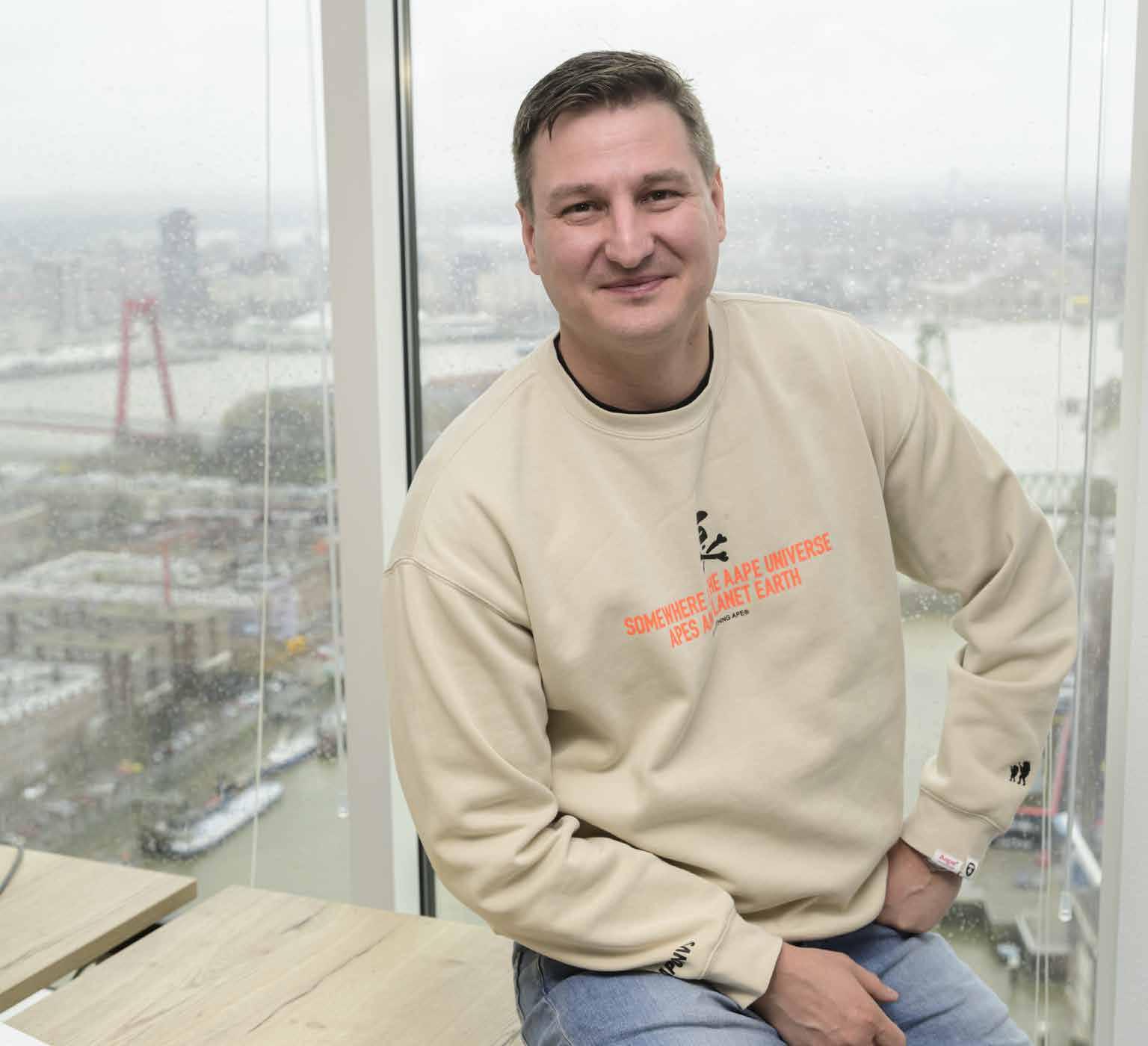
‘Read, learn, think in scale and take your time’
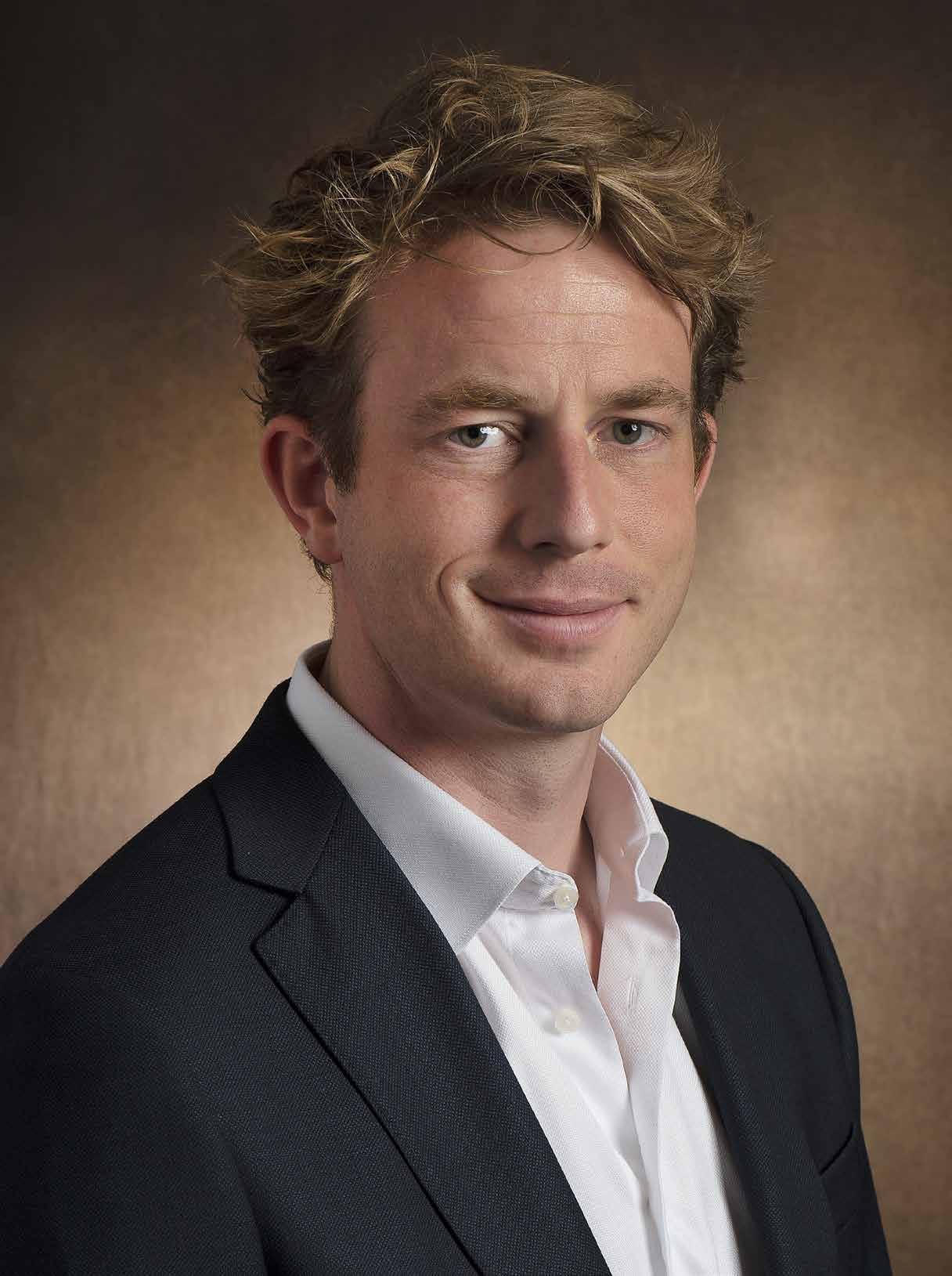
‘During my study I decided to do extra courses because with the pressure of having extra exams, I found myself willing to work a little harder’
My name is Michiel Gerritse and I am an associate professor at Erasmus
School of Economics. I am also the Director of the Urban, Port and Transport Economics Programme. With the exemption for short academic stays in London and Milan, I have lived in the Netherlands my entire life. My time abroad gave me some contrast to Dutch life and academia.
What I enjoy particularly about the Netherlands, are the people that I have around me here: my friends and family. Apart from economics, my hobbies are mostly sport related. Recently, I have been playing tennis. Other than that, I enjoy cooking; and eating as well. I have a ton of favourite dishes, but the Italian kitchen is generally my favourite. That, however, also has to do with the fact that I lived there for a while and tried to understand the local cuisine.
As a student, I did not really see the point of economics in the first years. I was busier making friends and trying to figure out life or doing sports. In my second year, I sort of realised that I needed to set myself goals or deadlines. I decided to do extra courses because with the pressure of having extra exams, I found myself willing to work a little harder. During the fourth or fifth year of my study, I really started to see the point of economics; I started enjoying it and was really getting into it!
Personally, I never try to overprepare for lectures. I try to just talk to the students and to explain the material in a natural way, because I feel the social part is important when learning. If I give students a very scripted lecture, I do not think that the message will land very well. To me, it is thrilling when my students master an analytical or intellectual skill. Often, they think it is difficult at first, but they think it is obvious only a few weeks later – sometimes without even realising how much progress they made.
My research is mainly focussed on urban, international and geographical economics. I am an international economist by training, but I quickly realised that these fields are very connected, as they all deal with trade and location. However, a lot of this trade is done by firms, which simply try to organise themselves as best as they can. They may choose to ship their products somewhere or to invest in a new plant. Hence, these firms will also make location choices. In my research, I often break down the aggregate trade and investment flows to understand the consequences of how individual firms make choices. For instance, firms may hold inventories as buffers against the uncertainty of a globalising world. If you want to understand how a pandemic or the shutdown of a major international trade route affects you, you need to understand how long firms’ buffers can weather disruption and how they manage those buffers.
If you want to study spatial or international economics and want to pursue a career in that, my advice is the following. We are dealing more and more with extremely large data sets, so I think it is highly important to have the skills to deal with these data sets. However, at the same time, I think if you only know how to handle big data or if you only know how to think in a very modelbased or systematic way, that does not bring you there. You need to understand the context. You need to have a grasp of how ports work, how people choose where to live in cities, or how firms organise their supply chains, before you can start meaningfully applying all these methodologies and mining all this big data. ‹
The function of the labour market is to allocate workers to suitable jobs. However, certain obstacles such as the time and effort required to get a new job or a lack of information can prevent both employers and workers from finding their best match. How do recessions affect the allocation process of workers to jobs? Do workers end up in worst matches when jobs are scarce? Or do recessions lead to better job matches instead? Using new theory and data, my research shows that recessions are times when low quality jobs are destroyed, but also created.


Over the business cycle, labour markets face ma jor reallocation: firms create and destroy vacancies, work relationships are formed and resolved, workers change jobs and careers. Some economists believe that recessions are a cleansing process that gets rid of the most unproductive jobs, counteracting the effect of the downturn, while others argue recessions actually generate what they call a sullying effect: job search becomes more disorganised, creating low quality jobs, and movements along the job ladder slow down, deepening the recession. Understanding labour market reallocation over the business cycle is key for informing the design of policies aimed at stabilising economic fluctuations (e.g., monetary policy, unemployment protection) as well as promoting longrun growth (e.g., retraining programmes, structural labour market reforms).
To study how business cycles affect the allocation of workers to jobs, my coauthors, Isaac Baley from Universitat Pompeu Fabra and Robert Ulbricht from Boston College, and I first develop a novel theoretical framework. The model has two key features. First, workers differ along multiple skill dimensions (e.g., math, verbal, social) and sort into careers with different requirements along the same skill dimensions. Second, upon meeting in the labour market, both workers and firms are uncertain about the skills of the worker and only learn about them once a match is formed. In the equilibrium of the model, workers reallocate up and down the job ladder of a given career as well as across different career paths, based on beliefs about their skills.
among ongoing ). At the same
sullying effect of recessions). While the results show that both the cleansing and sullying effects are present, we find that the cleansing effect dominates, and therefore skill mismatch is procyclical. This means that in recessions workers’ abilities are, on average, better aligned with the skill required by the job and therefore job quality improves.



Ana Figueiredo is Assistant Professor at the Department of Economics of Erasmus School of Economics. She received her PhD in economics from Universitat Pompeu Fabra, Spain in 2018. Her research interests lie at the intersection of macroeconomics and labour economics, focusing on labour market dynamics and inequality.

The career choice of workers, together with transitions in and out of bottom rungs of the job ladder, are key to explain the empirical behaviour of skill mismatch. According to our framework, workers who are fired choose to search for a job in a new career rather than reapplying to jobs for which they are underqualified. This increase in career mobility, leads to higher skill mismatch among new hires as they are rehired at the bottom rung of a new career.
Using our theoretical framework together with workerlevel data from the US, we find that, in recessions, underqualified workers are fired, which reduces skill mismatch the difference between
Our theoretical framework also provides a new explanation for the ‘scarring effect of unemployment’. Decades of economic research have shown that workers affected by masslayoffs or firm closures face a steep climb back to stable jobs and healthy earnings. Compared to similar workers who were not laid off, these workers who lost their job through no fault of their own will experience a drop in earnings over the next 20 years of 20%, on average. In line with this evidence, our model predicts that workers displaced from their careers suffer large and persistent earnings losses, even after they have been reemployed. This happens because rebuilding a career in a new sector implies high levels of uncertainty, which slows down a worker’s climb through the job ladder. ‹
'In recessions, underqualified workers are fired, which reduces skill mismatch'
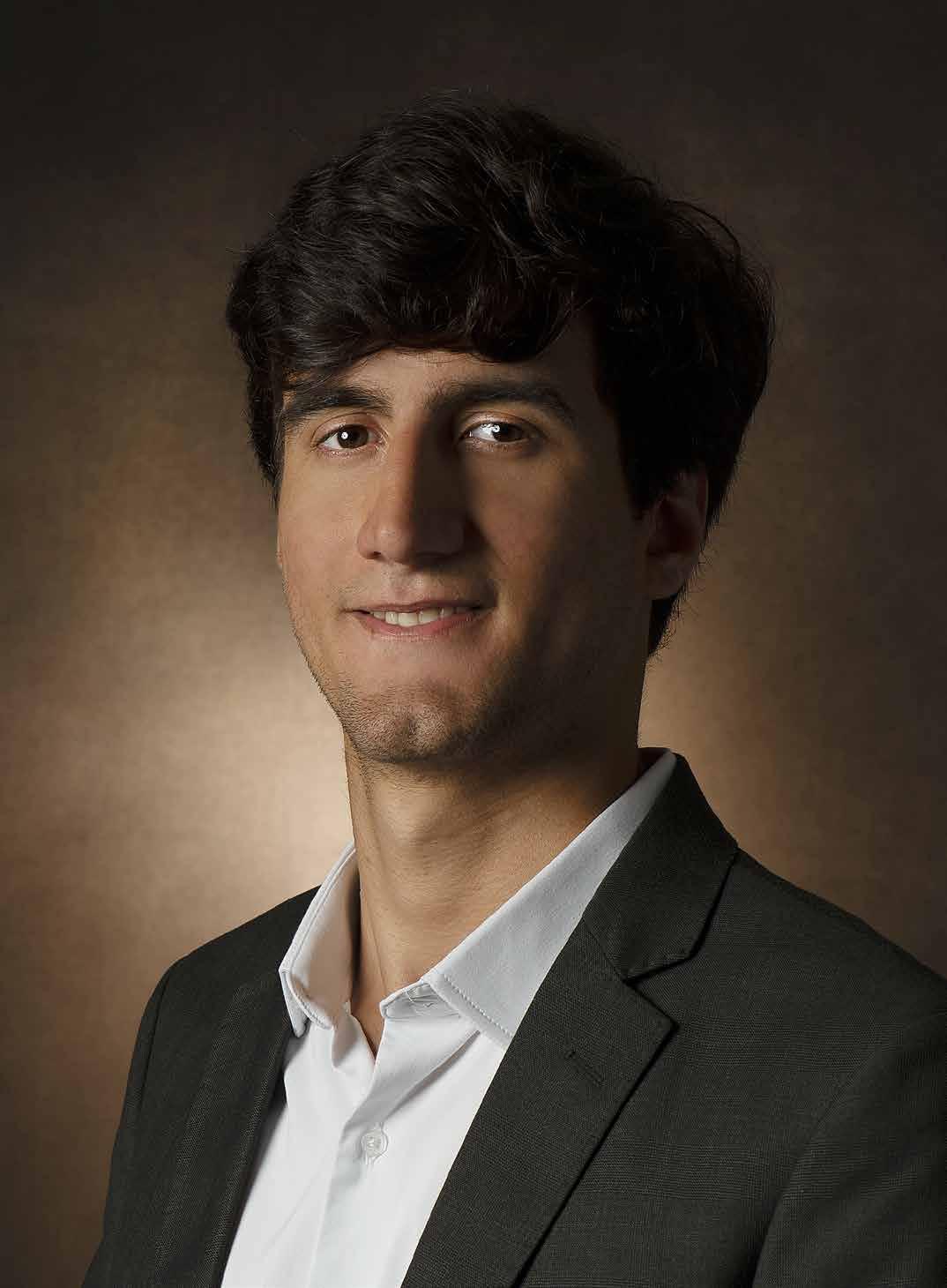
‘In Rotterdam, a lot is happening and even more is possible’
Caio Lafraia Brant
International Bachelor Economics and Business Econonomics
This is the story of two courageous parents who are turning their grief into a force for good. After their son Sander, a student at Erasmus School of Economics, died by suicide during the third Covid lockdown, Sonja Winkelaar and Ewald van Hamersveld started the Sander Foundation together with Sander’s brother and his two best friends. The foundation offers an online platform with a free overview of all available help (24/7) for young people with mental health problems. In addition, Sonja and Ewald hope that the foundation can disseminate the knowledge they have gained over the past years and partner with existing initiatives to further additional insights.
For years Sander had been looking forward to start his Bachelor studies in Econometrics. He liked to be challenged, especially in the field of mathematics. When he started at Erasmus School of Economics he was ready to get his teeth into academic work and connect with likeminded people. The first year was a breeze for him. He was selected to participate in an exchange with Shanghai University and couldn’t wait to go. The cancellation of this opportunity due to the pandemic was a real disappointment for him.
‘Connecting is an essential human need,’ says Sonja. ‘Sadly, it turns out that many young people don’t manage to do this. Some feel enormous pressure to perform; others don’t feel challenged or understood. As a result, a lot of them can’t cope, which leads to serious consequences, ranging from addiction to mental issues. With regard to the latter, there is a big difference between a burnout and a depression. In my experience, burnouts can often be treated with counselling, but some depressions can’t. In Sander’s case it didn’t help.
As someone who was diagnosed as highly intelligent, Sander knew that he had a higher risk of depression. When he was 16, Sander told us that it felt like something had broken in his mind. The first time he discussed his suicidal thoughts with us was extremely difficult, but we kept going because it was one of the few things we could do for him. He was referred for counselling, but this wasn’t successful. After informing himself as well as possible he concluded that he was suffering from a biomedical disorder and wanted to go on medication. He tried various options,

but every time they stopped working after initial, shortlived success. Eventually, it emerged that Sander’s pharmacogenetic profile meant that these drugs had no effect. If we had known this, it would have saved valuable time.
Based on the work of the American psychiatrist Dr Daniel Amen, we became convinced of the need for a brain scan. We sought neurological help, but that turned out to be very difficult to get because the medical protocols stipulate that you need to have tried all options in the area of counselling first.’
All doors seemed closed, but they don’t need to be
To outsiders it didn’t look as if Sander was experiencing such mental pain, explains Sonja. His situation was complicated by the fact that he was still functioning as an intelligent person who had top grades, was empathetic and managed to express himself very well. ‘When I started to cry during an appointment at the hospital, he comforted me,’ she says. ‘He had read everything about possible treatments and was able to articulate his ideas so clearly that it took even medical professionals aback. People just did not seem to understand how serious the situation was.
In February 2021 we ended up at the crisis facility where Sander was put on the waiting list for neurological intervention for patients who turn out to be therapy resistant. To us all this underlines the importance of the brain scan. We are convinced that everyone who is still depressed after six months should have one. It is strange that psychiatrists are the only medical specialists that almost never look at the organ they treat. Cardiologists, neurologists, and orthopaedic doctors: they all look before they proceed. Why should dealing with mental illness be limited to trial and error?’

The Sander Foundation is built on four pillars: Informing, Connecting, Developing and Funding. Informing refers to creating awareness regarding mental health issues via our website, social media channels
and through podcasts, elearning and the training provided at student societies. Connecting stands for the wide range of existing initiatives (free of charge) that you can find on the website. Developing relates to the foundation’s free offer of the elearning scan for young people to help them find the themes in their lives in which they can develop further. Everyone can be of invaluable value if they let themselves be guided by their qualities and talents. Last but not least, with funding the Sander Foundation hopes to provide the (financial) resources to be able to spread the awareness campaigns as far as possible and to train young people to be of Invaluable Value. This also means spreading knowledge by inviting authorities in the field to come and speak here in the Netherlands. An example is a presentation by Tracy Cross who is the leading expert on mental health issues among highly intelligent people. Sonja is writing a book about her experience. She feels that raising awareness of all the help available and the areas that could be improved is a co creation with Sander.
The motto of the foundation is ‘You are invaluable by being yourself’. Sonja emphasises that it is okay to let others know if you’re not feeling well, and that we should come to terms with the fact that setbacks and loss are part of life. ‘There are so many great initiatives to support people with mental health issues. Do let others help you to find them. Sometimes I wish Sander had been born two years later because there have been so many positive changes in this field already. It is our hope that all young people will be able to benefit from them’. ‹
Please check out the platform on www.Sanderfoundation.nl for an over view of initiatives that offer support with mental health issues. Help is available 24/7.

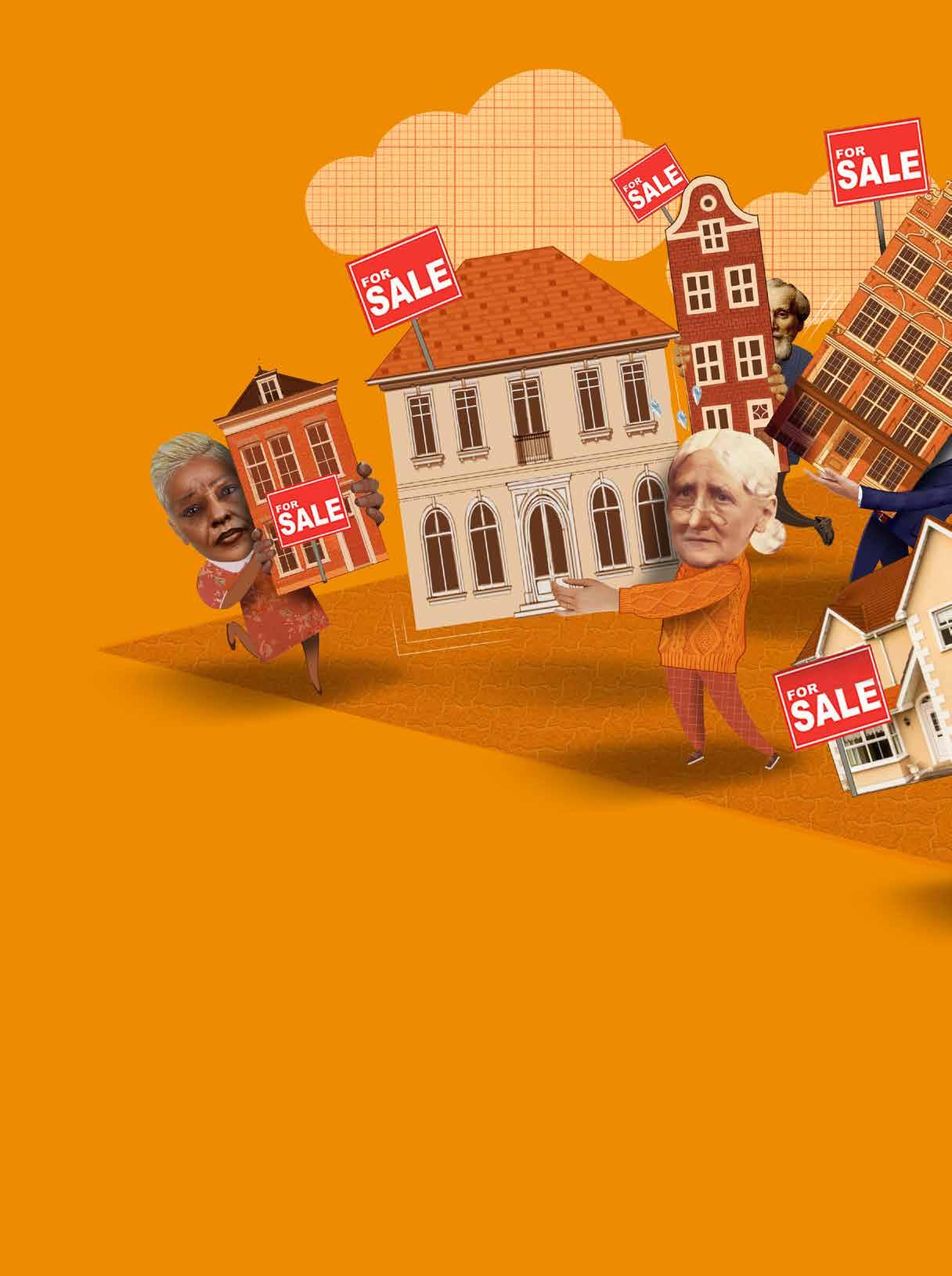
In most Western countries, the large postwar baby boom generation is steadily aging. A significant portion of this cohort owns homes, which may be sold as they pass away or transition to rental properties later in life. Simultaneously, there is a relatively large cohort around the age of 30, the prime time to start thinking about buying a home. In recent research with Marc Francke (University of Amsterdam), we demonstrate that such demographic shifts can have significant and predictive effects on housing markets.
 By: Mathijs Korevaar
By: Mathijs Korevaar
In our paper, ‘Baby Booms and Asset Booms: Demographic Change in the Housing Market,’ we revisit a question that has occupied economists for decades: to what extent do fluctuations in housing markets result from changes in population and age structure? Answering this question has been challenging because demographic shifts in the past century have coincided with large changes in Western economies, making it difficult to disentangle them.
To overcome this obstacle, we study the long course of history, specifically examining periods with limited economic growth but substantial fluctuations in birth rates. Focusing on Amsterdam and Paris, for which we can reconstitute housing costs and demographic rates for almost 500 years, we test whether shocks to birth rates predict changes in rents or house prices decades later.

Existing research generally assumes that age determines the demand for housing space: young children contribute minimally, but demand for housing space surges when individuals reach early adulthood and leave their parental house. We confirm that this also holds historically, but that it generally has a limited impact on rental prices.
The main novelty in our paper is that we also examine the timing of home purchases and whether this results in differential responses between house and rent prices. In most cultures and time periods, individuals typically begin buying a property when they are ready to settle down, often after marriage or its modern equivalents. Many people rent property before becoming homeowners, indicating that demand for housing space and demand for homeownership are different. As large cohorts start to settle, a large group of people enters the housing


market to buy homes. However, typically only a few percent of properties are available for sale annually, implying a large cohort could significantly bid up house prices unless investors or existing homeowners supply more properties to the market.


Our findings indicate that this only happens to a limited extent, at least over time horizons of several years. We find that birth rates today strongly predict house price increases around 30 years later, but they have no impact on sales. Conversely, at older ages, current birth rates negatively predict house prices by the time this cohort begins to pass away or move to oldage homes. Overall, past birth rates can explain about onefifth to onesixth of the swings in house prices over the past centuries. This effect operates independently of other economic variables that might impact house prices.
Both today and in history, the house price effect dominates.
Matthijs Korevaar is Assistant Professor of Finance at Erasmus School of Economics. In his research, he studies housing markets both in the past and present. He recently returned to Erasmus School of Economics after spending two years at Columbia University as part of his Marie-Sklodowska Curie Grant.

In essence, the impact of demographics on house prices does not arise from changes in the demand for housing space, but rather from the desire of birth cohorts to enter and exit homeownership at similar ages, while other actors in the housing market barely respond to this. While we can pinpoint these effects precisely with historical data, as birth rates and death rates were generally trendless before the late 19th century, we find very similar effects in modern OECD countries in the past decades: demographics have a large impact on house prices but not on rents.
The main takeaway from our findings is that shifts in population and its age structure are key determinants of house prices but have much less effect on rents. Countries where large cohorts will enter their homebuying years in the coming decade, such as India, may see rapidly appreciating prices, whereas those experiencing large generations retiring and passing away may see the opposite effect. ‹

‘Here you gain a solid academic foundation’Rana Uzunoğlu
Jan van Ours on quickly firing
It is a familiar phenomenon in the football world: after only a few disappointing matches, the coach is already fired. Jan van Ours, Professor of Applied Economics, can be very brief about this: ‘The dismissal makes no sense at all.'

The webshop of Erasmus School of Economics offers various items such as hoodies, Moleskine notebooks and the biography of Jan Tinbergen! Interested?



Visit the webshop via shop.ese.eur.nl!
Recently, Erasmus School of Economics banned the singleuse paper coffee cups in the office spaces to reduce waste. The School’s employees can instead make use of reusable coffee mugs and tea or water glasses. All coffee areas are now equipped with these sustainable mugs and glassware.
A study found that on average, people lie twice a day. The actual number, however, may be even higher. Sophie van der Zee, Assistant Professor of Applied Economics, says that often, these lies come in the form of telling excuses. The main reason for telling excuses is to get out of something, or to avoid a particular topic of conversation.
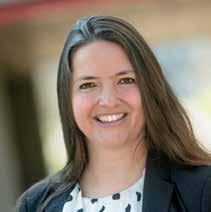
Anne Boring, Assistant Professor of Economics, was recently conferred the Chevalier de l’Ordre National du Mérite, the Knight of the Order of the Merit. With 53 as the average age of admission, the 42-year-old Anne Boring has become one of the youngest knights in the history of the National Order of Merit. Usually, you need to be of a minimum age of 35 and have a minimum of 10 years of public service, although in practice 15 years is the minimum commonly needed to be conferred the rank of Knight.
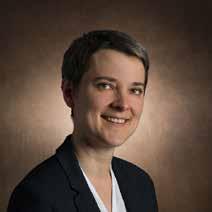
COLOPHON Publication Erasmus School of Economics, Erasmus University Rotterdam
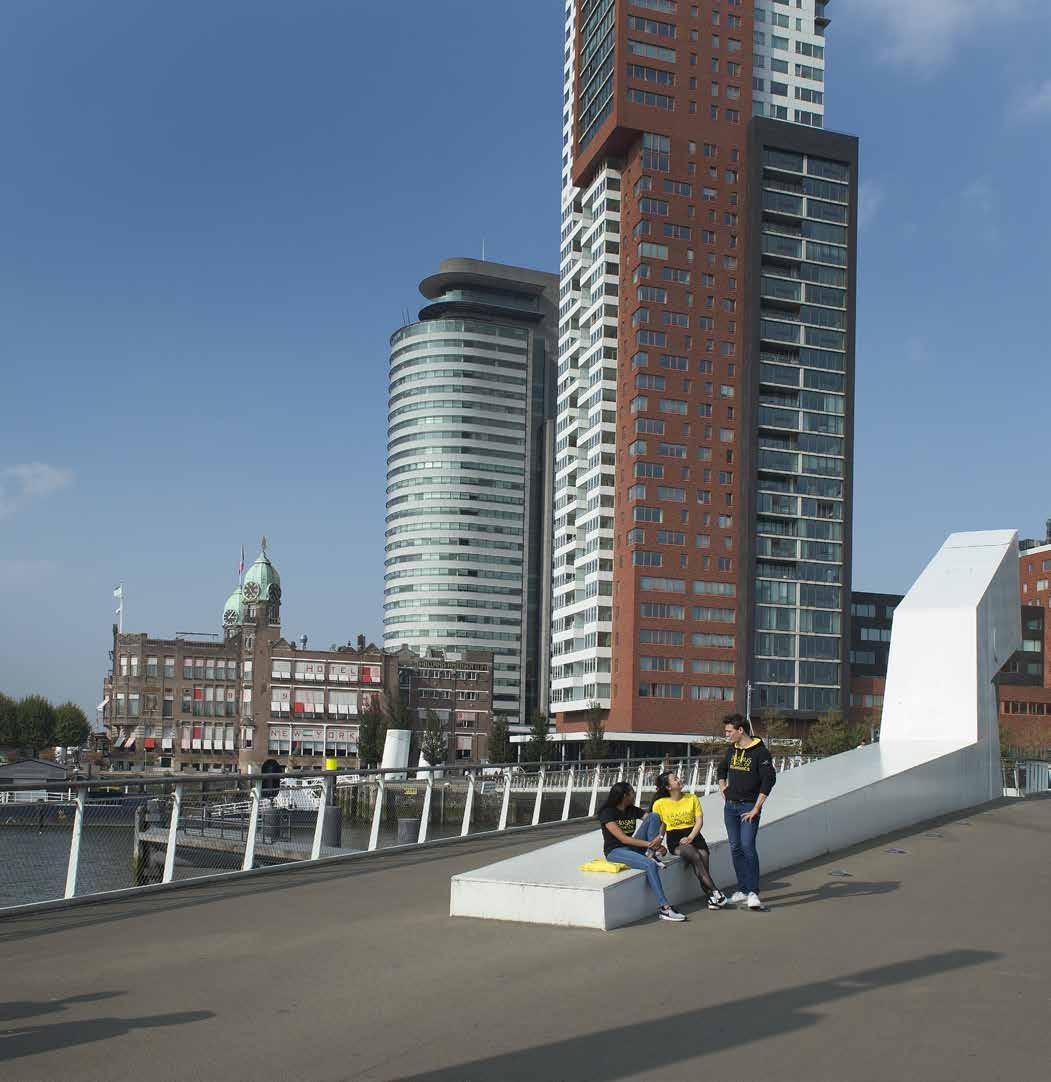
Editors Ronald de Groot, Bjorn Roozenbeek, Stan Verspoor, Madeleine Kemna and Anna Deems Photography Chris Gorzeman, Kees Stuip, Michelle Muus, Robin Boot, Rick Keus, Julia Pelealu, Frank Hanswijk, Evgeny Astapov and Robeco Illustrations Carolyn Ridsdale Concept, design and realisation Kris Kras context, content and design Print Drukkerij OBT bv Circulation 2,500 copies
For their contribution to the realisation of this Backbone magazine, a special thanks goes out to all the participating faculty members, students and alumni of Erasmus School of Economics.
Copyright © 2023 Erasmus School of Economics
Erasmus School of Economics is defined by its groundbreaking research and excellence in education. We are leaders in our field. The founders of econometrics. Strong in behavioural economics. We are committed to finding solutions for today’s and tomorrow’s economic issues by challenging yesterday’s economic theories as well as building from and valorising existing models and methods. We know our ambitions are as bold as our opinions , but our performances and publications show: we make it happen. Just like the countless leaders in business, research and politics did, who started their careers in Rotterdam. Just like our students will do, as they are taught and inspired by the best.